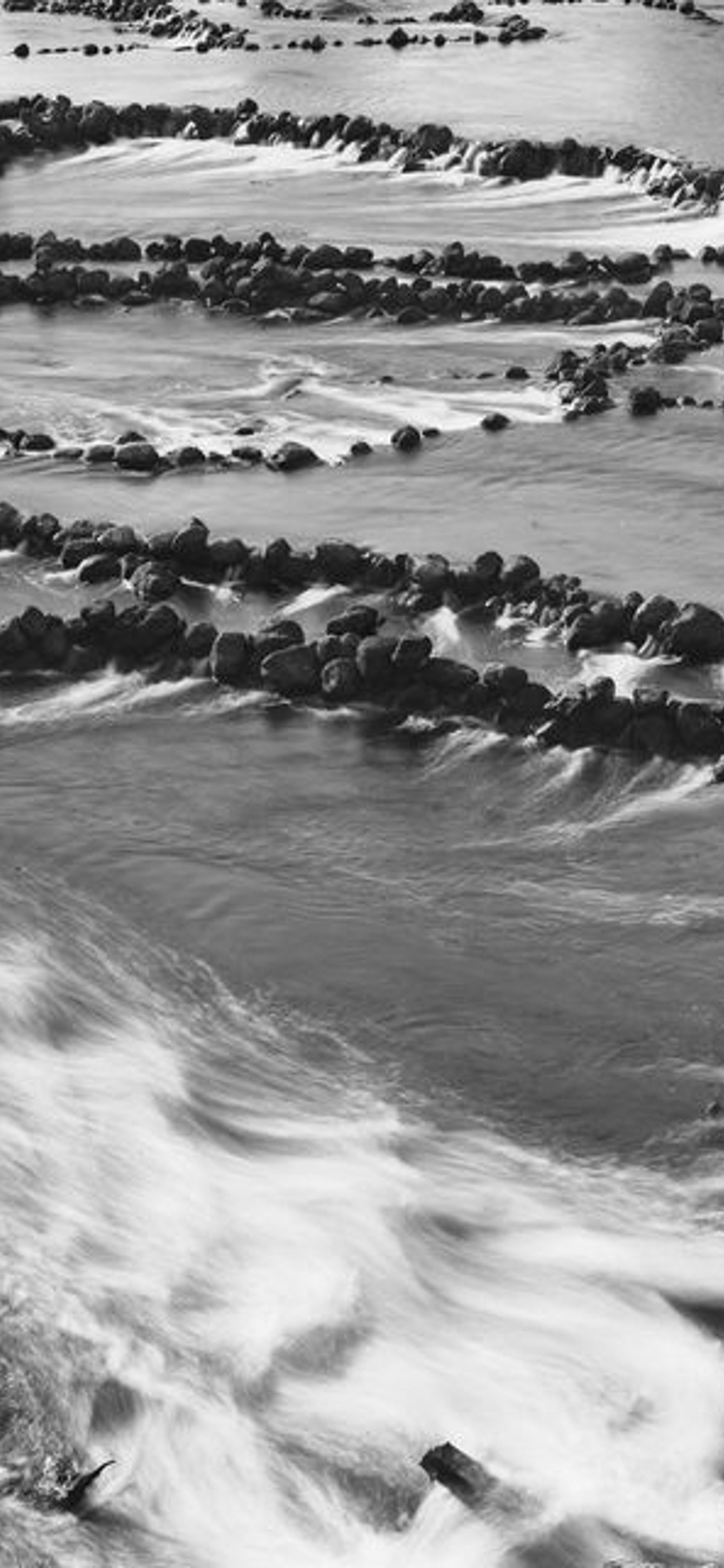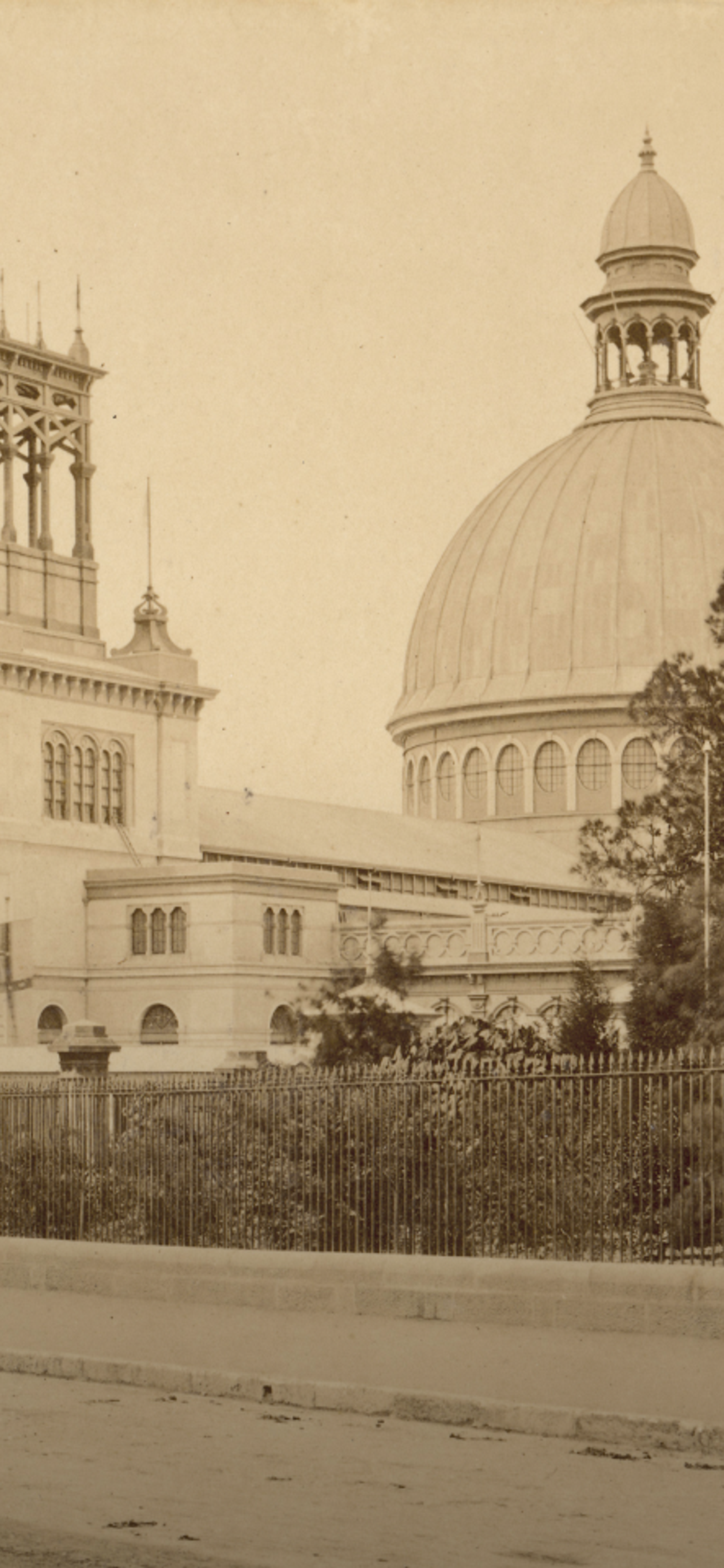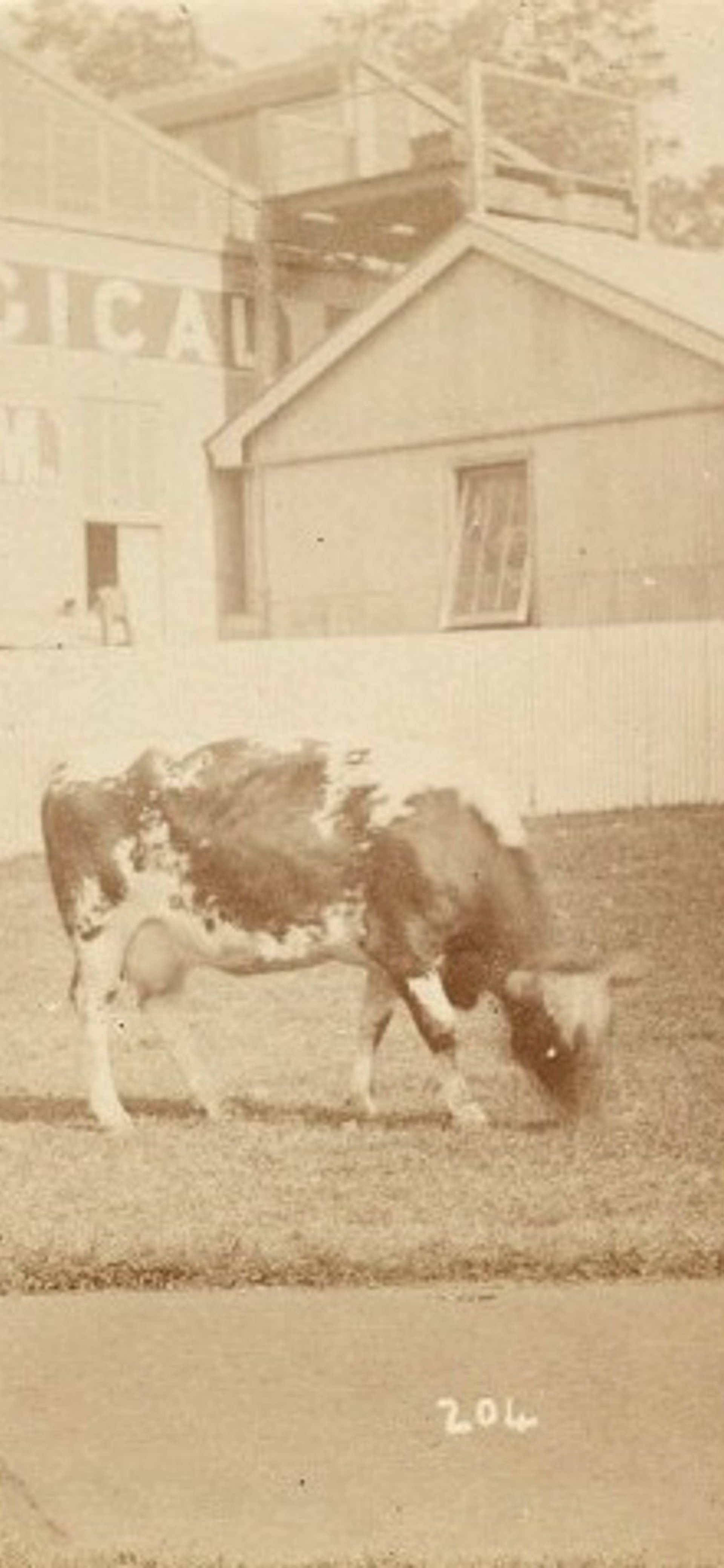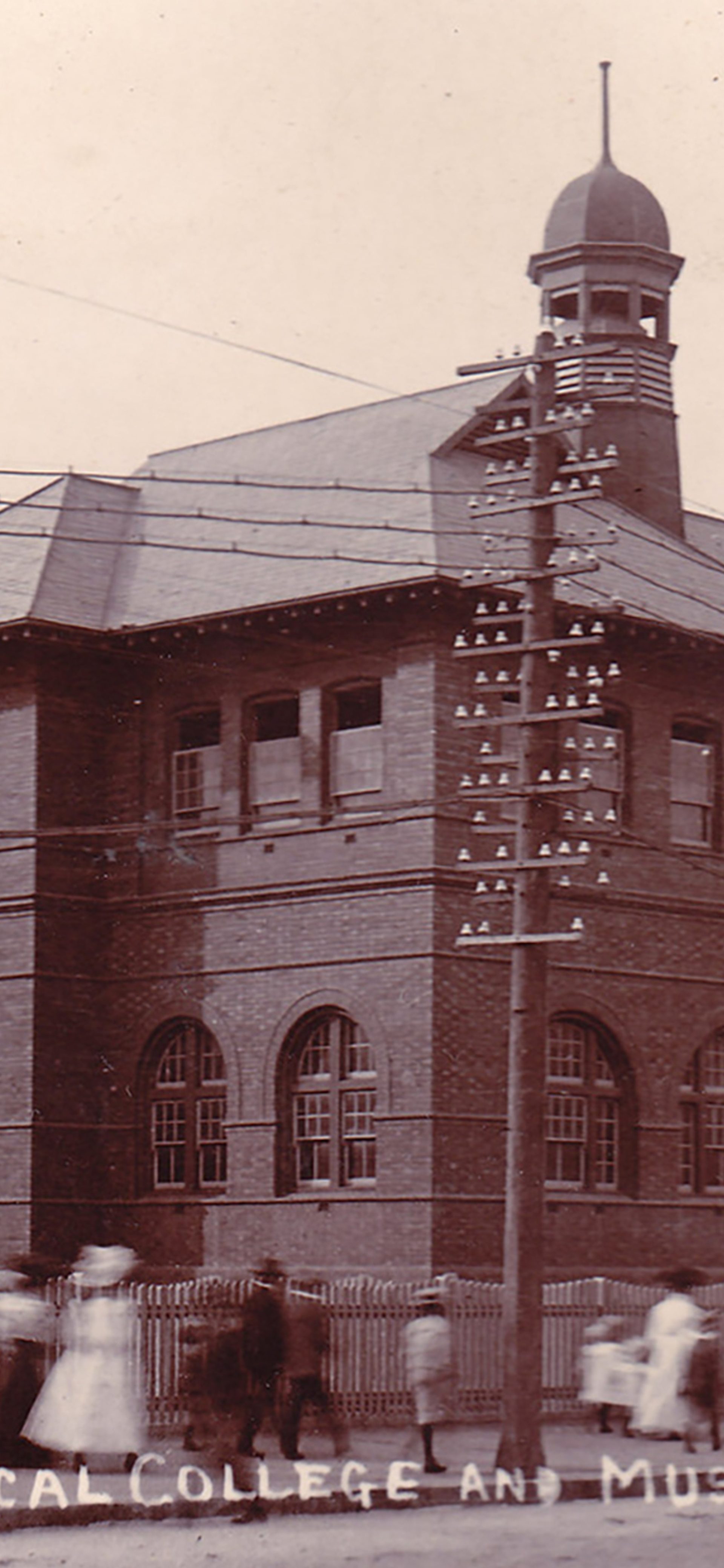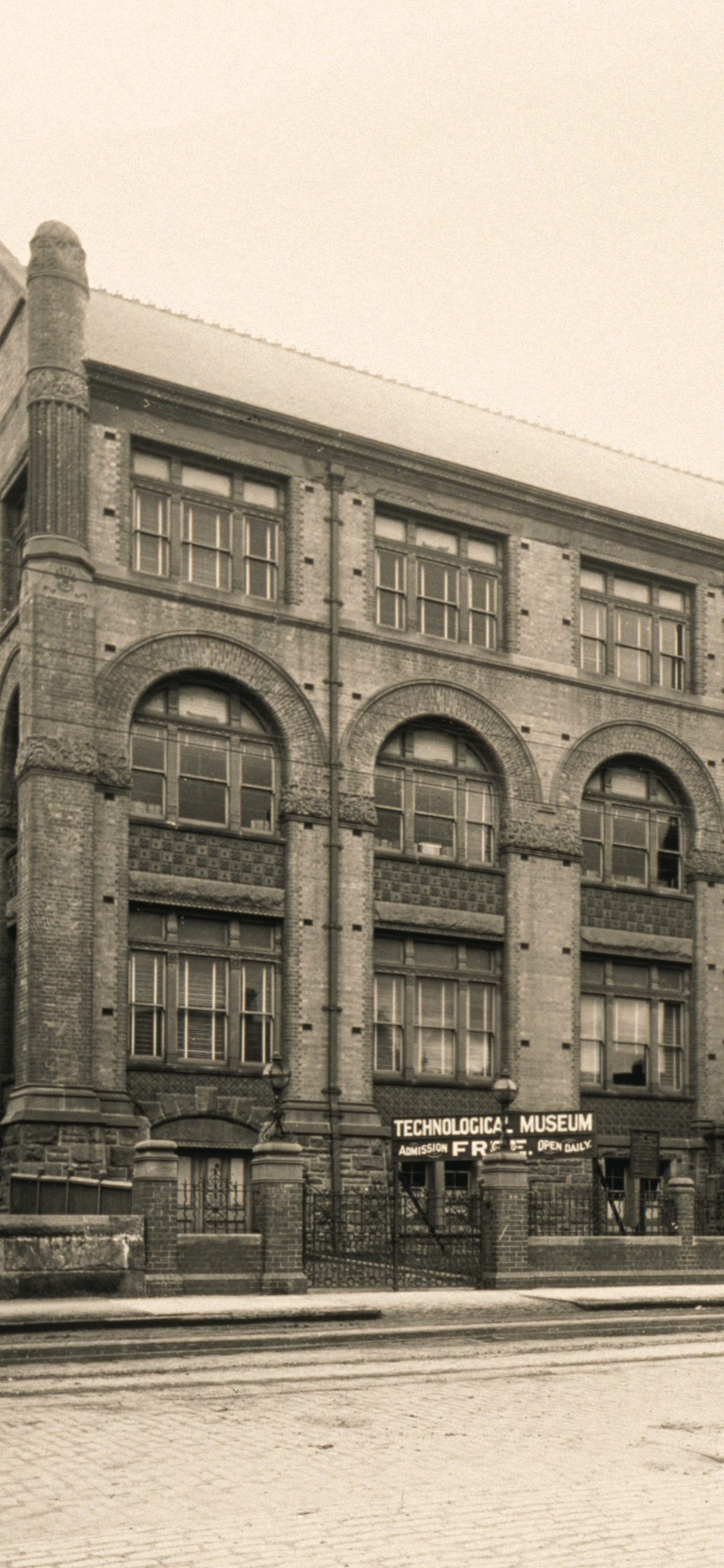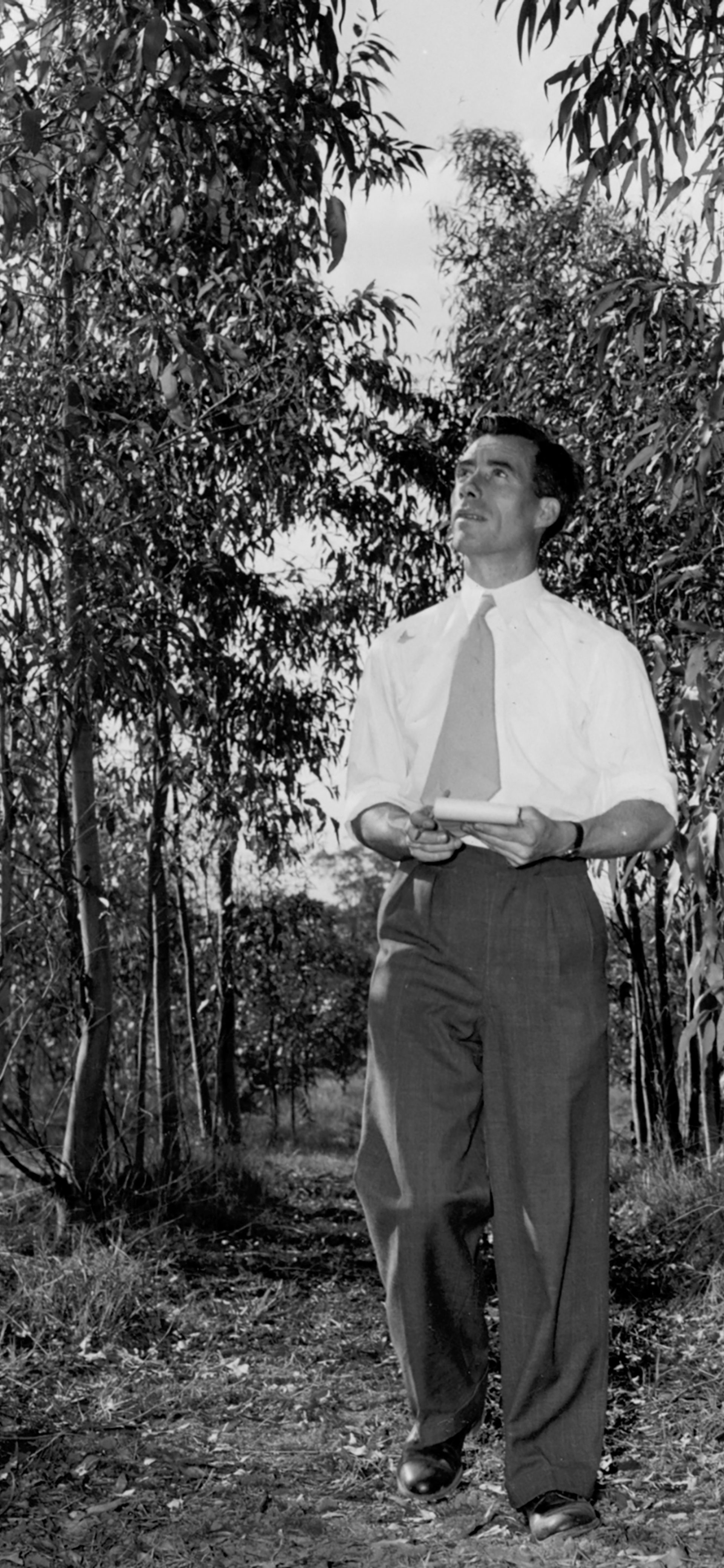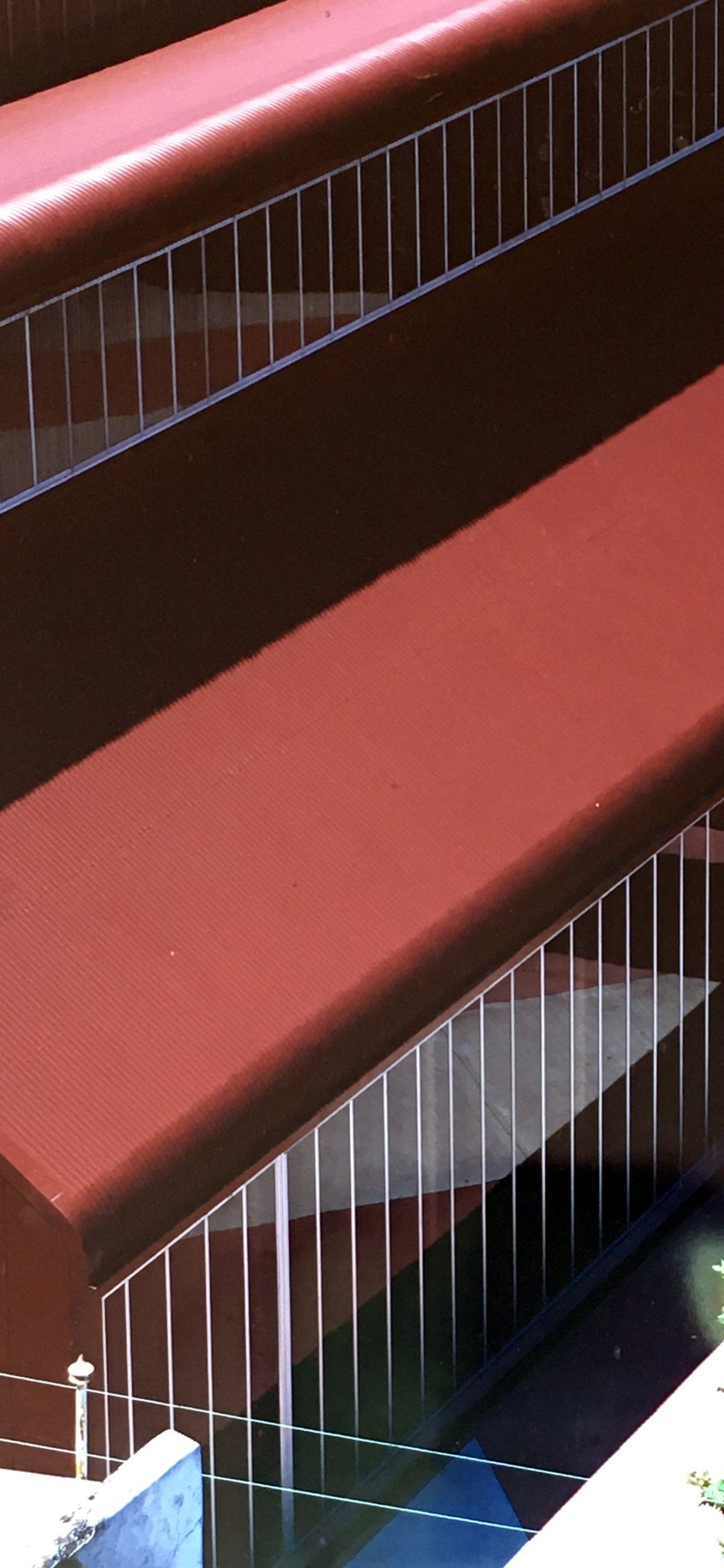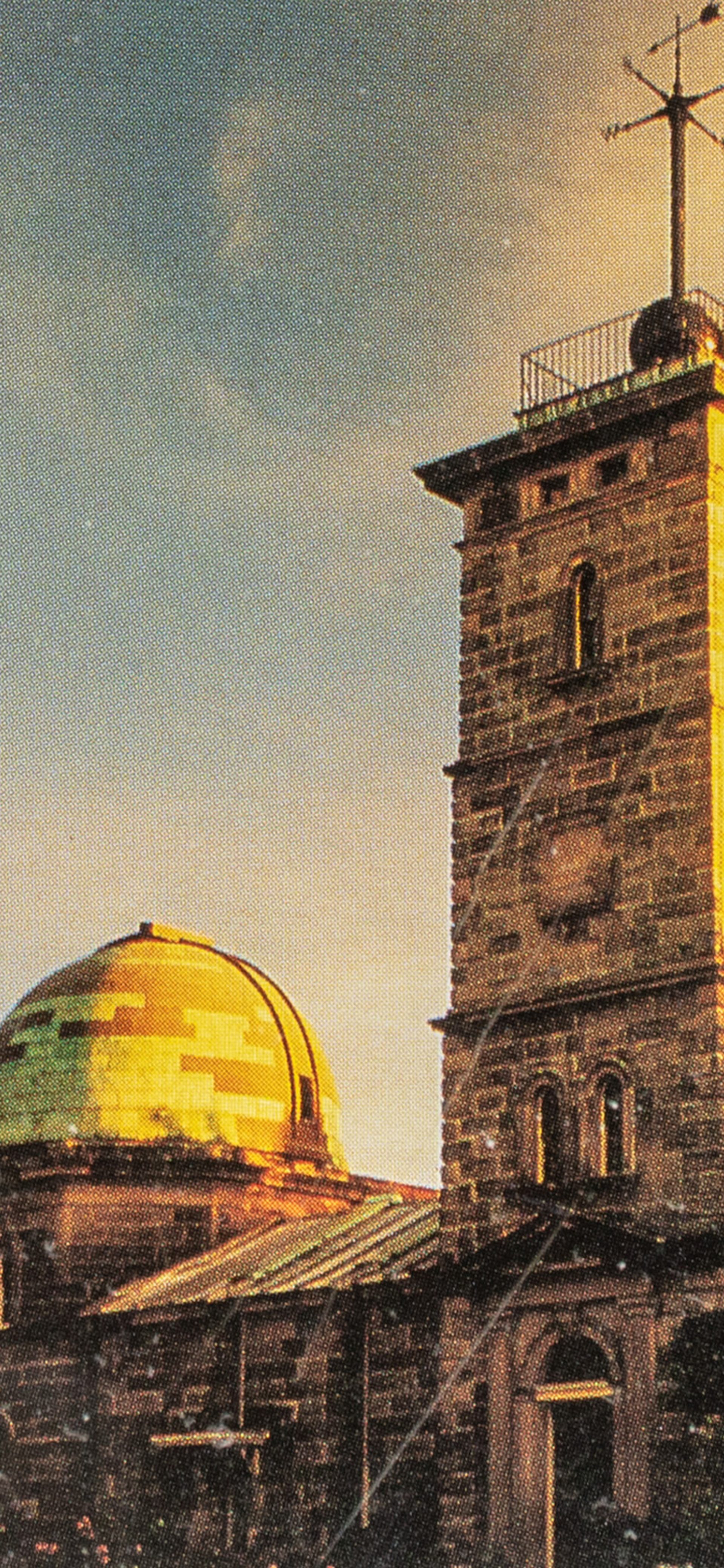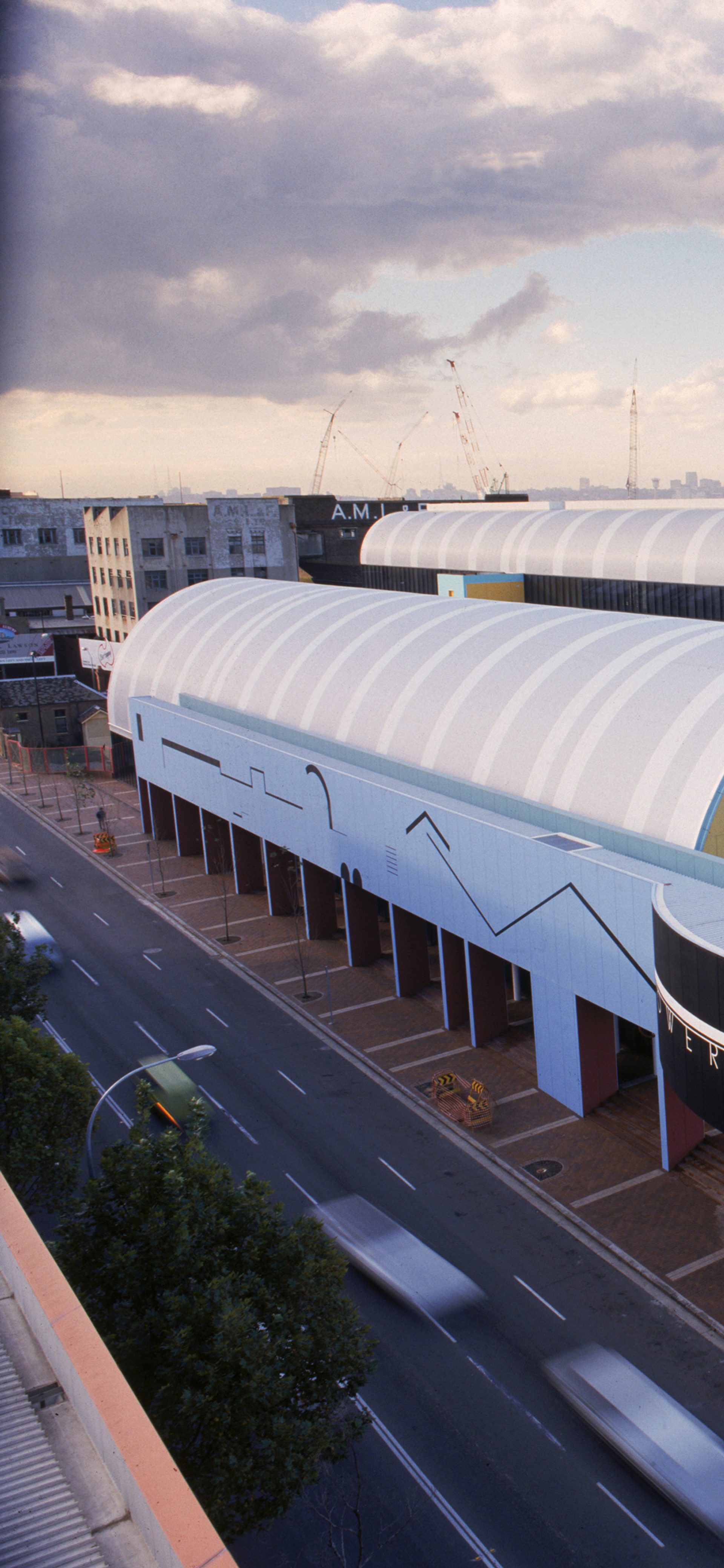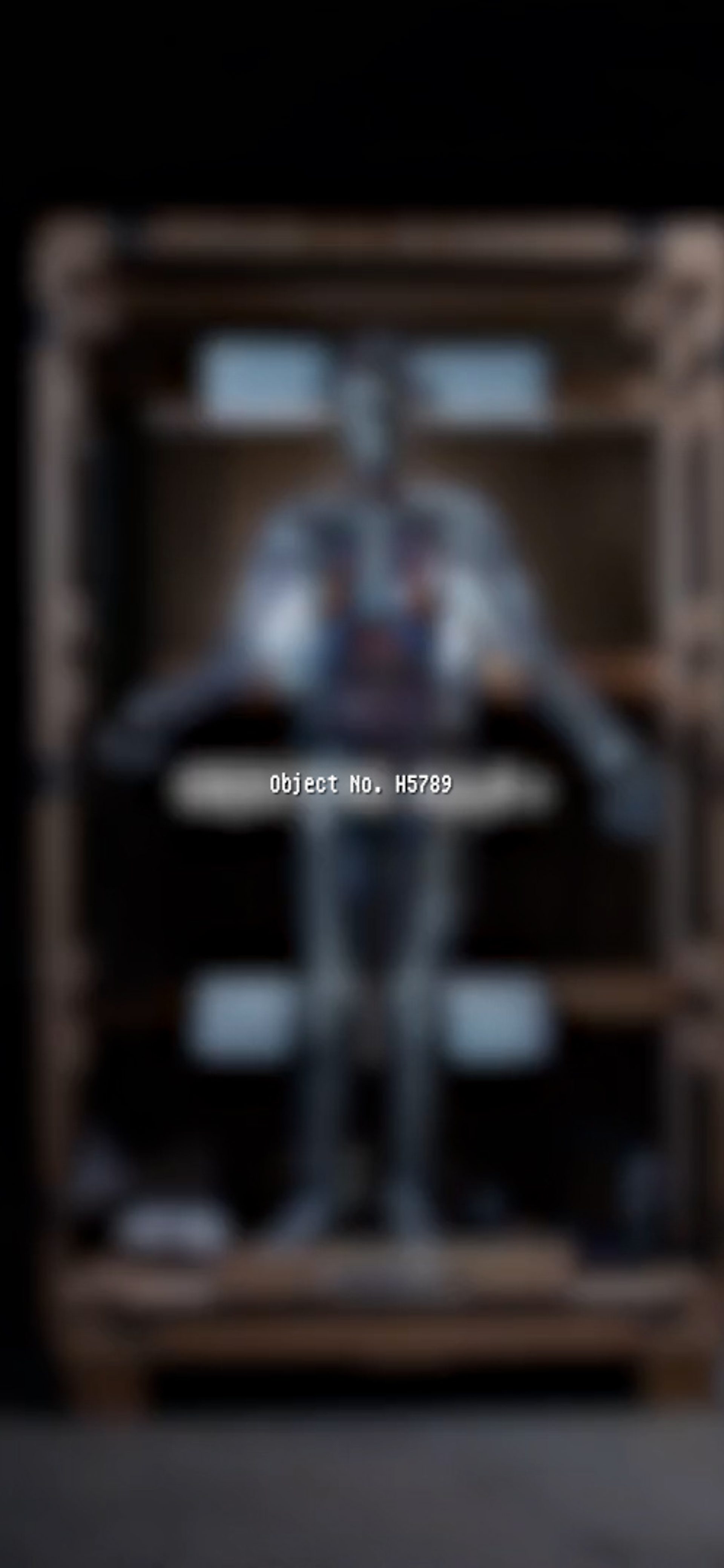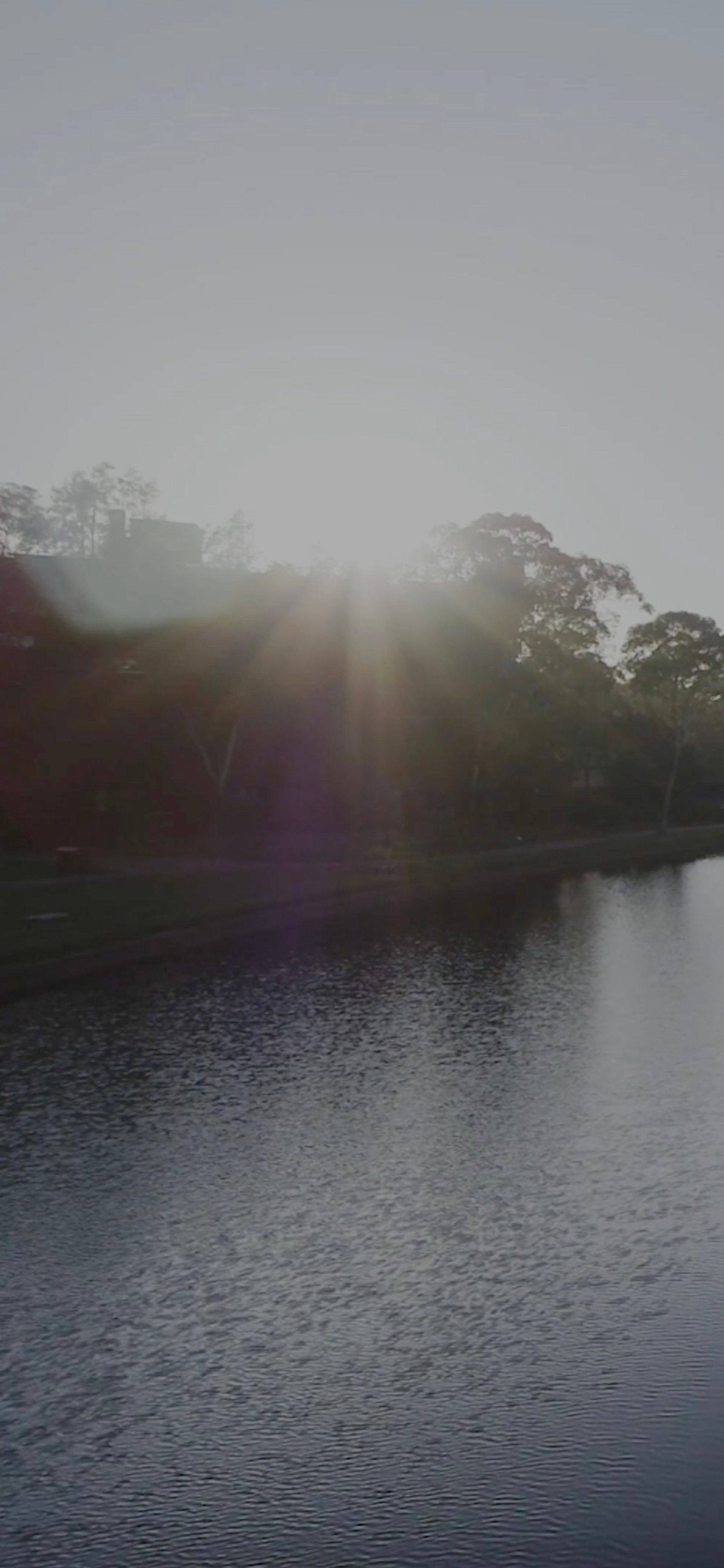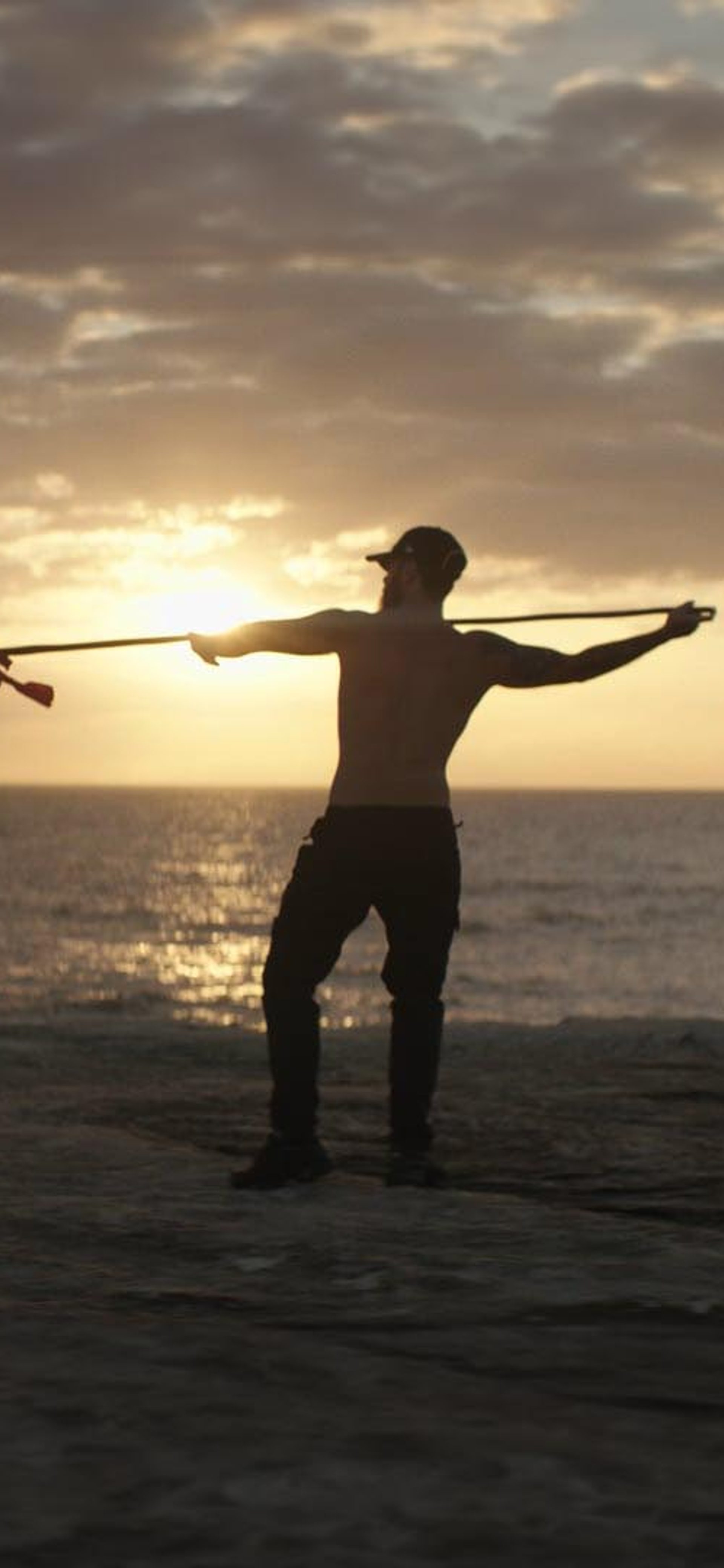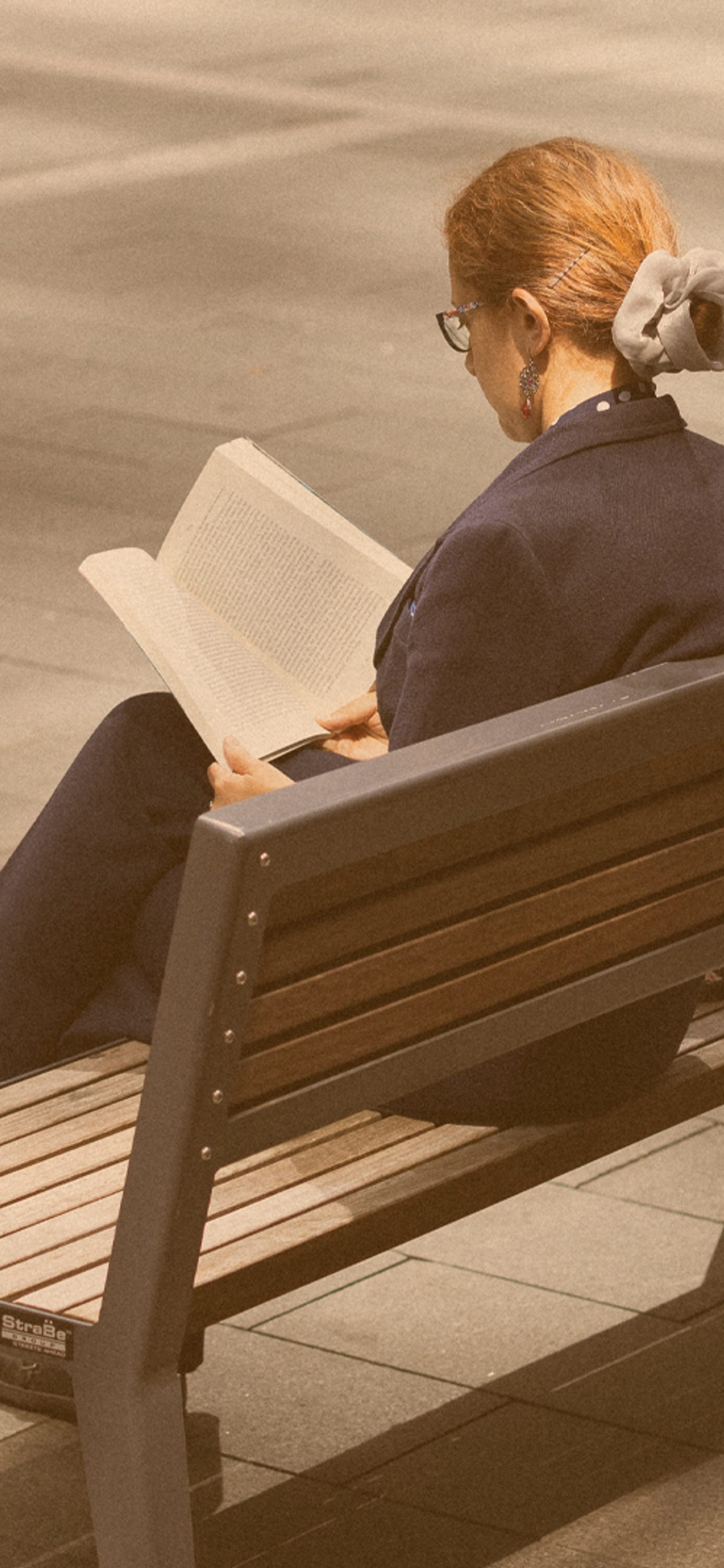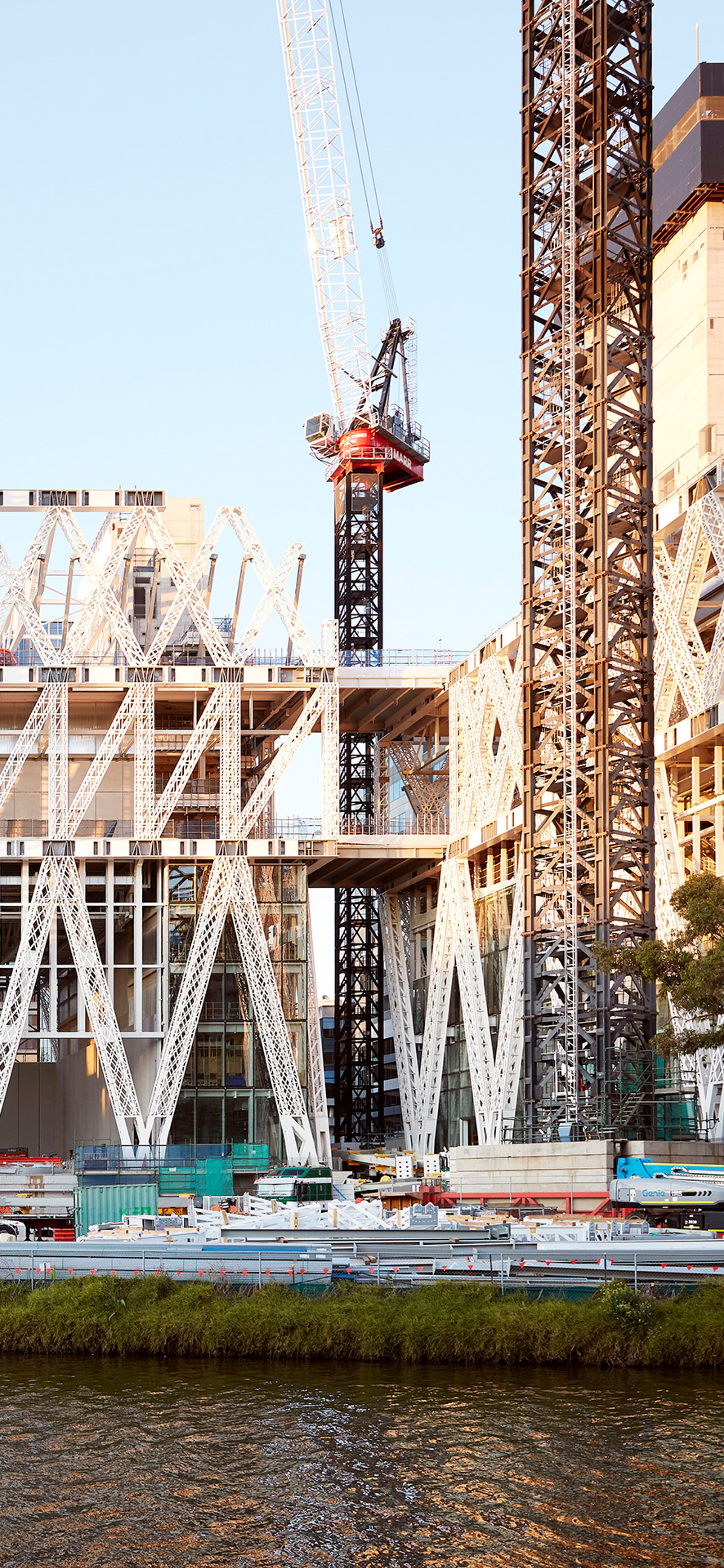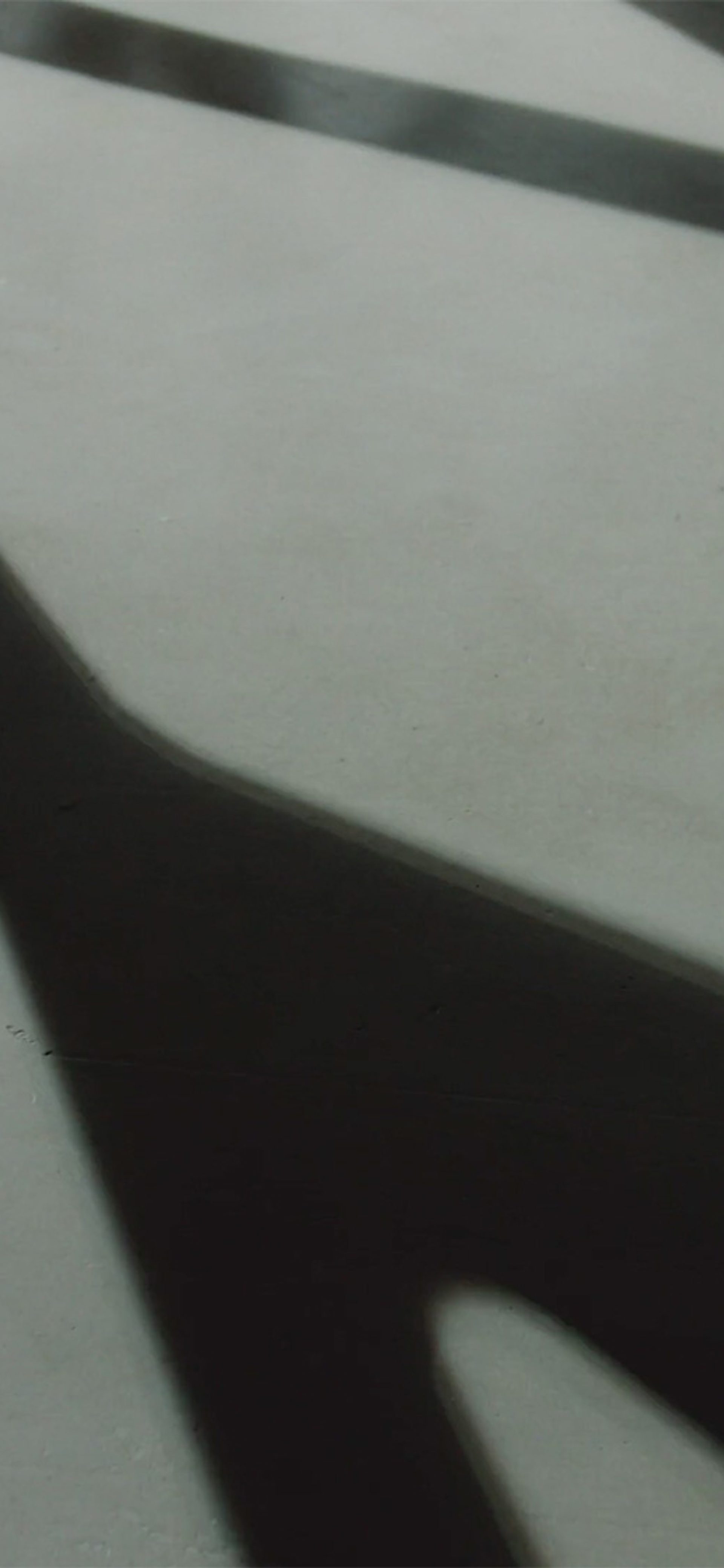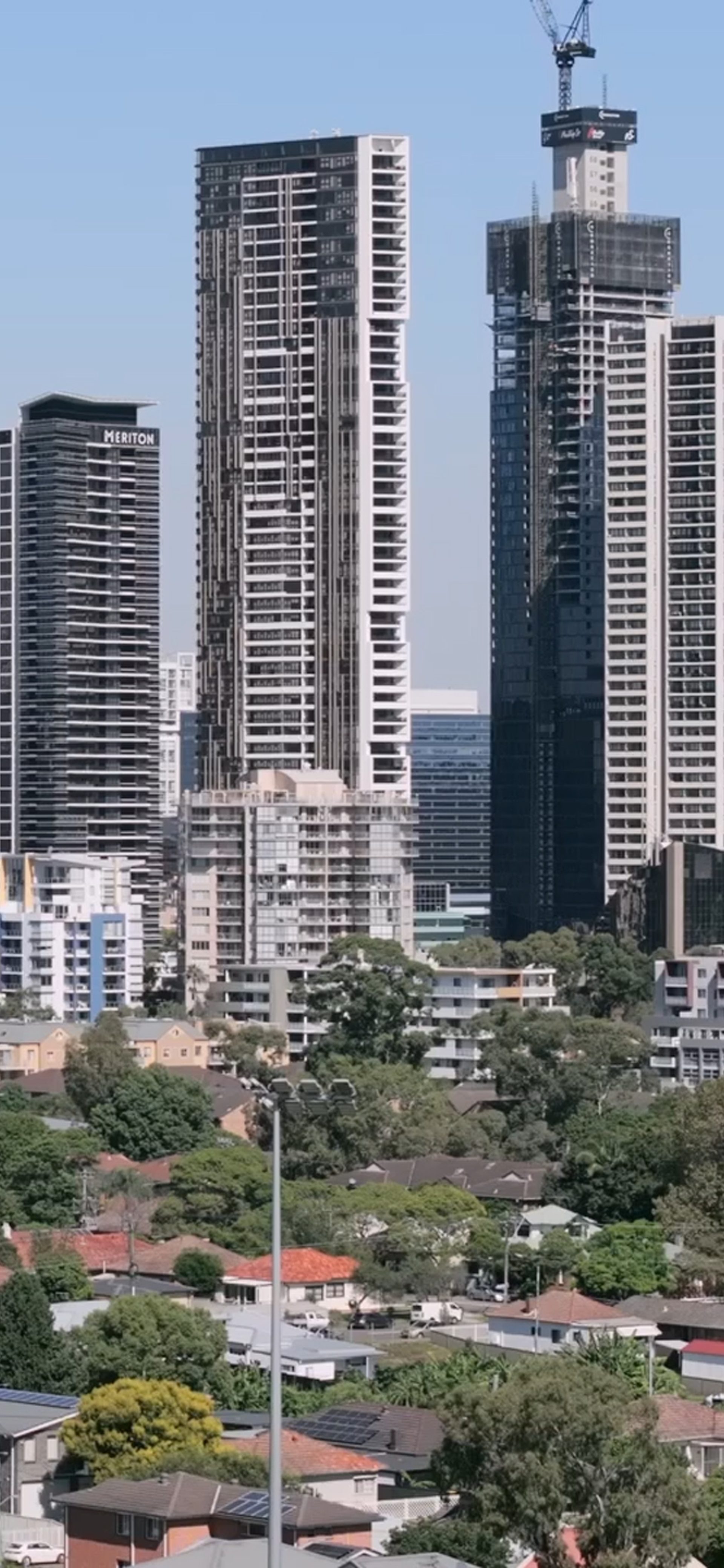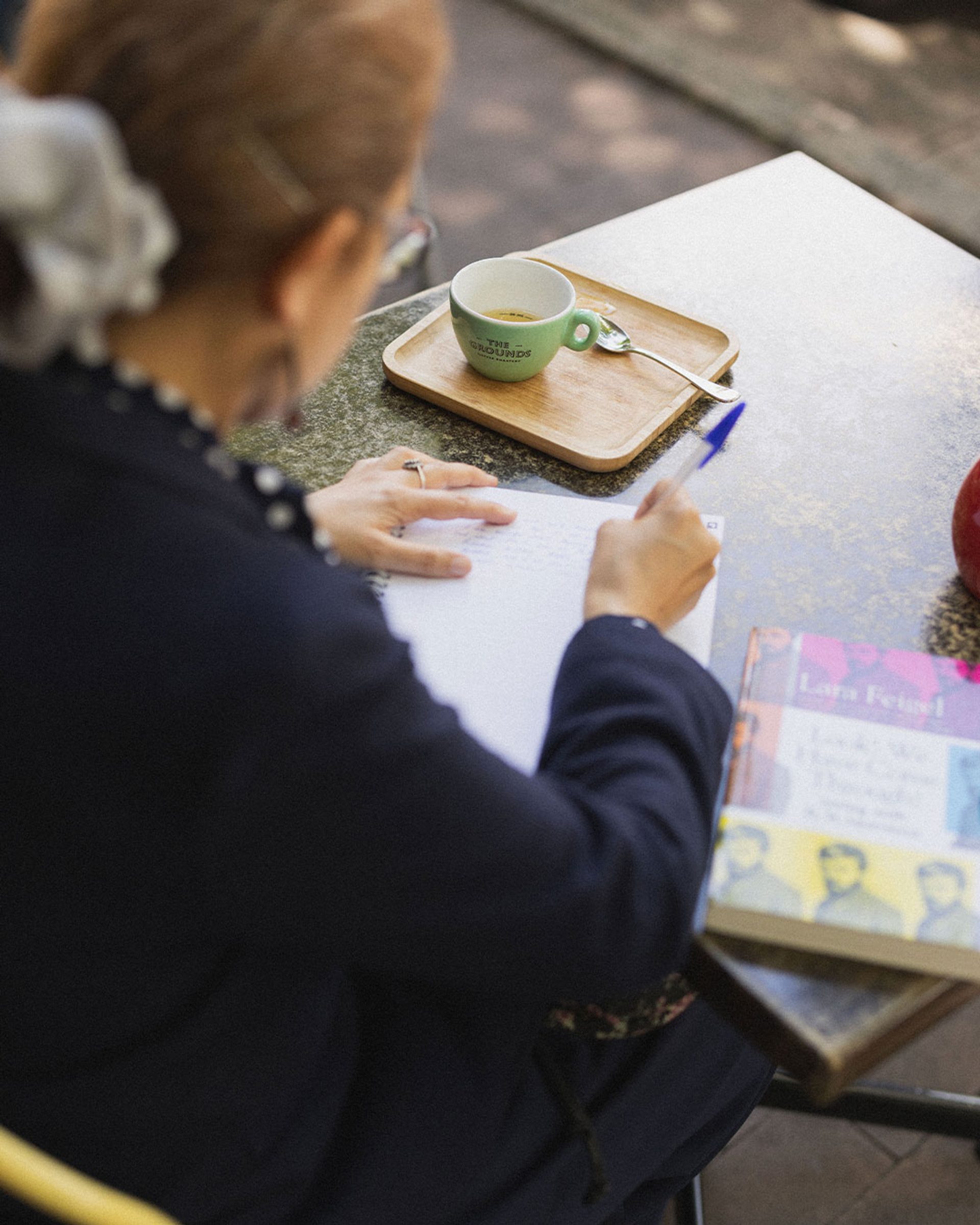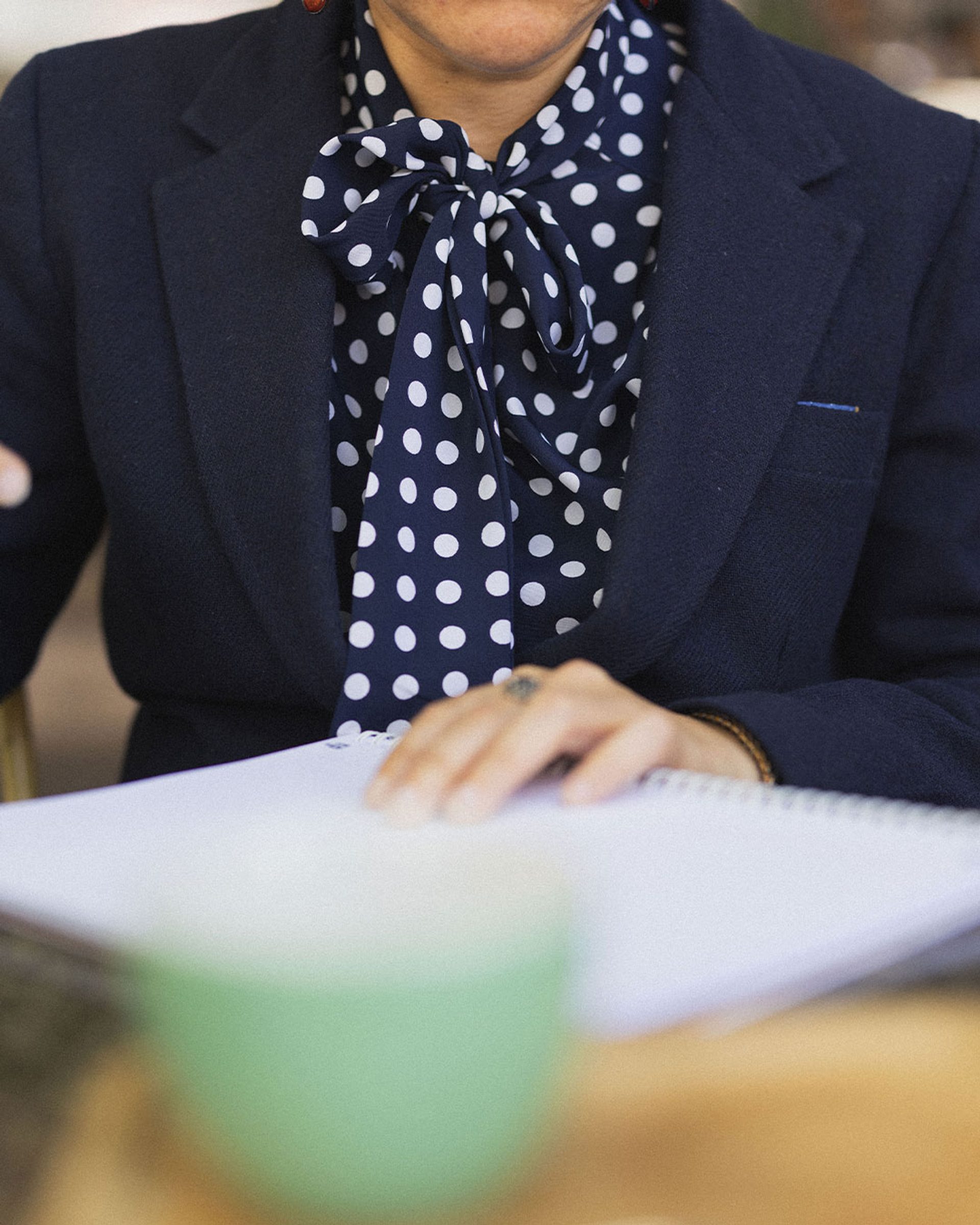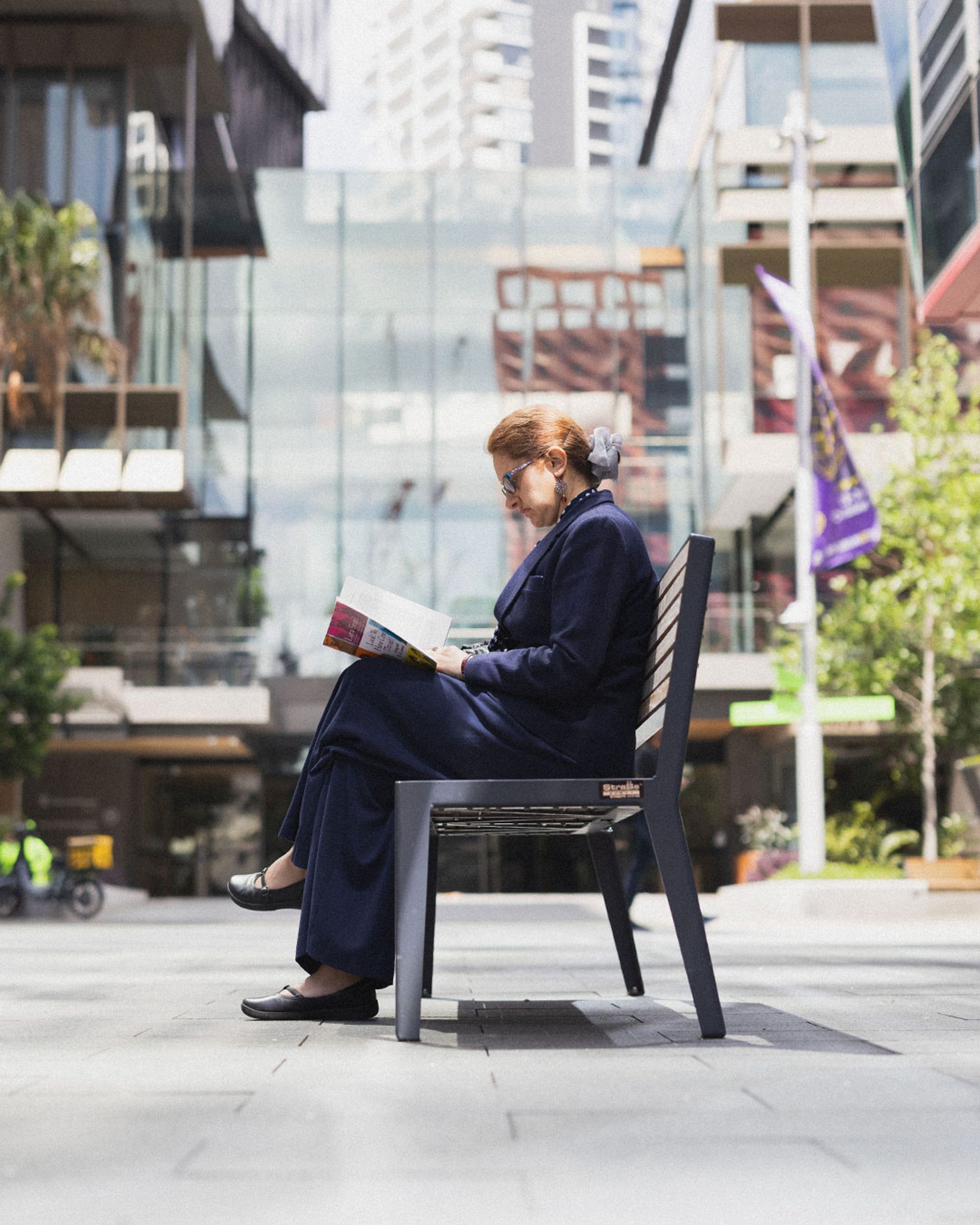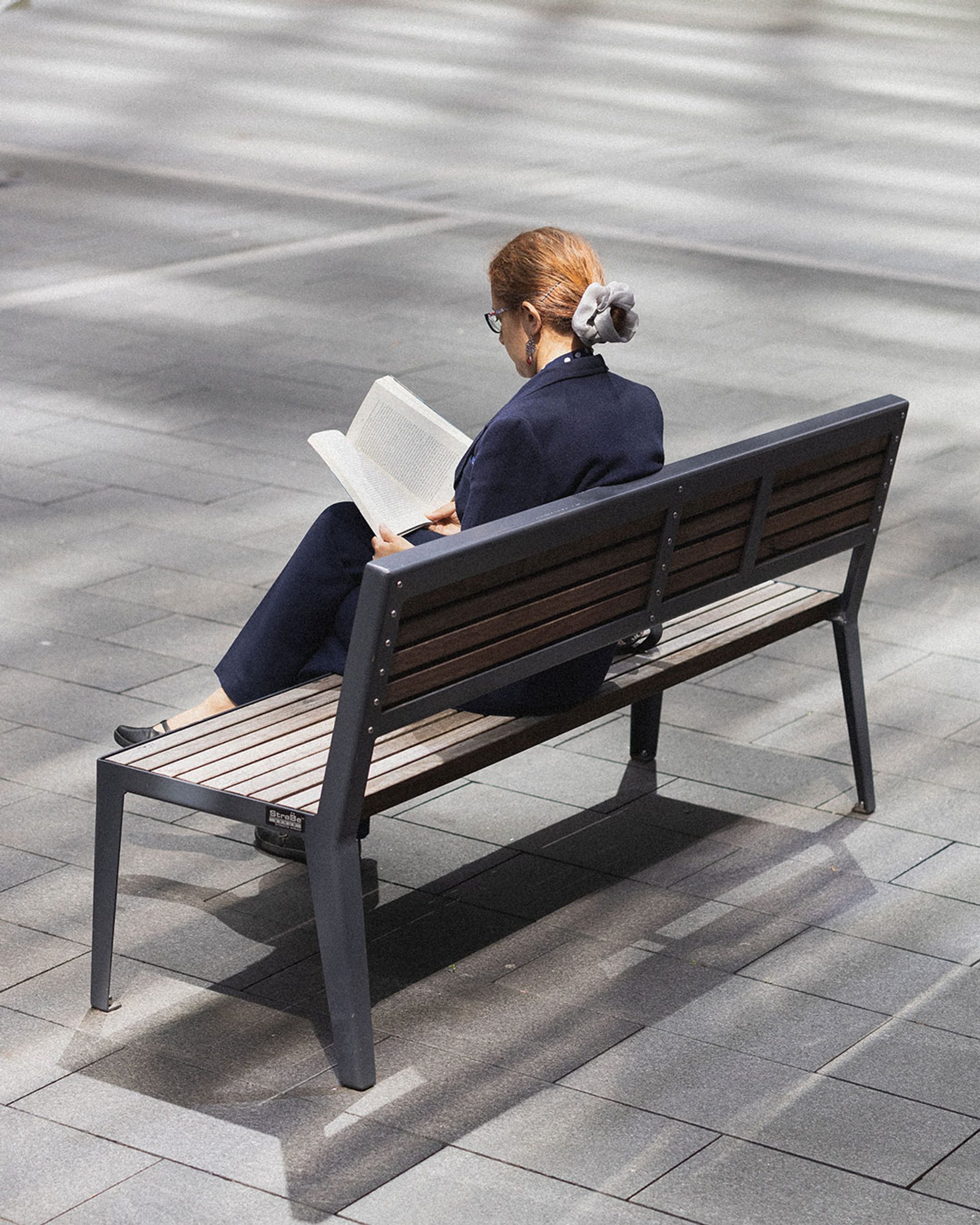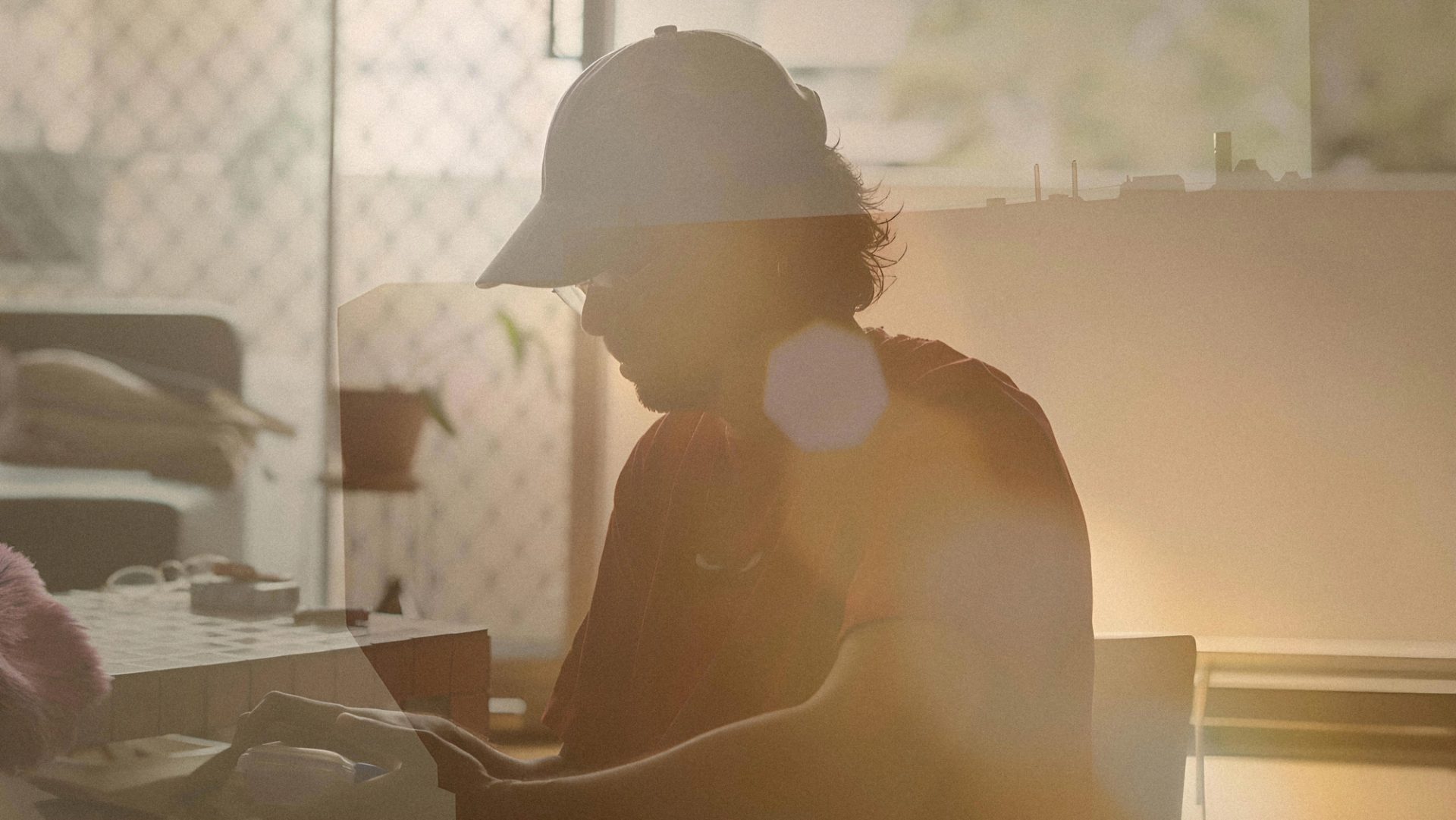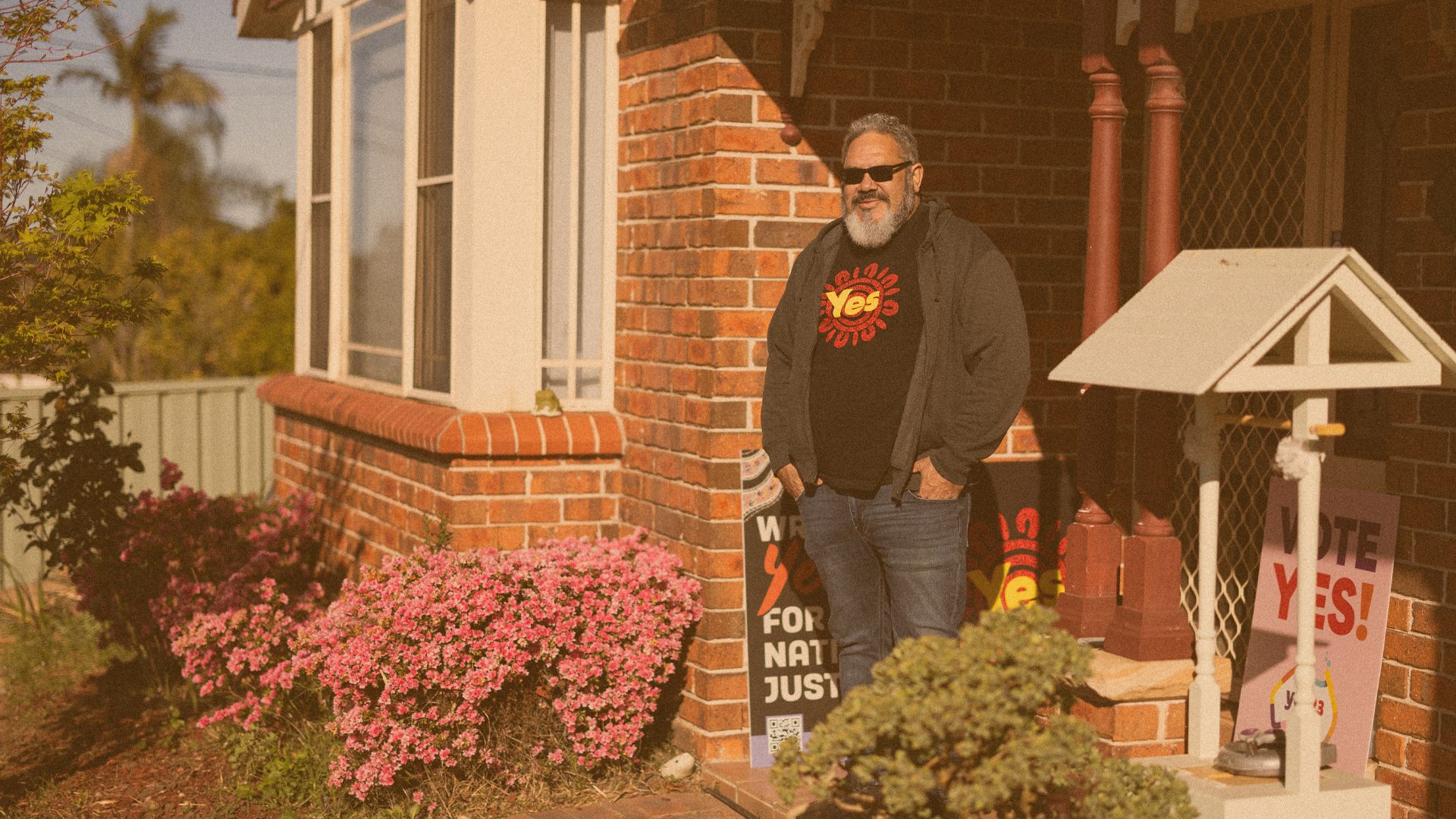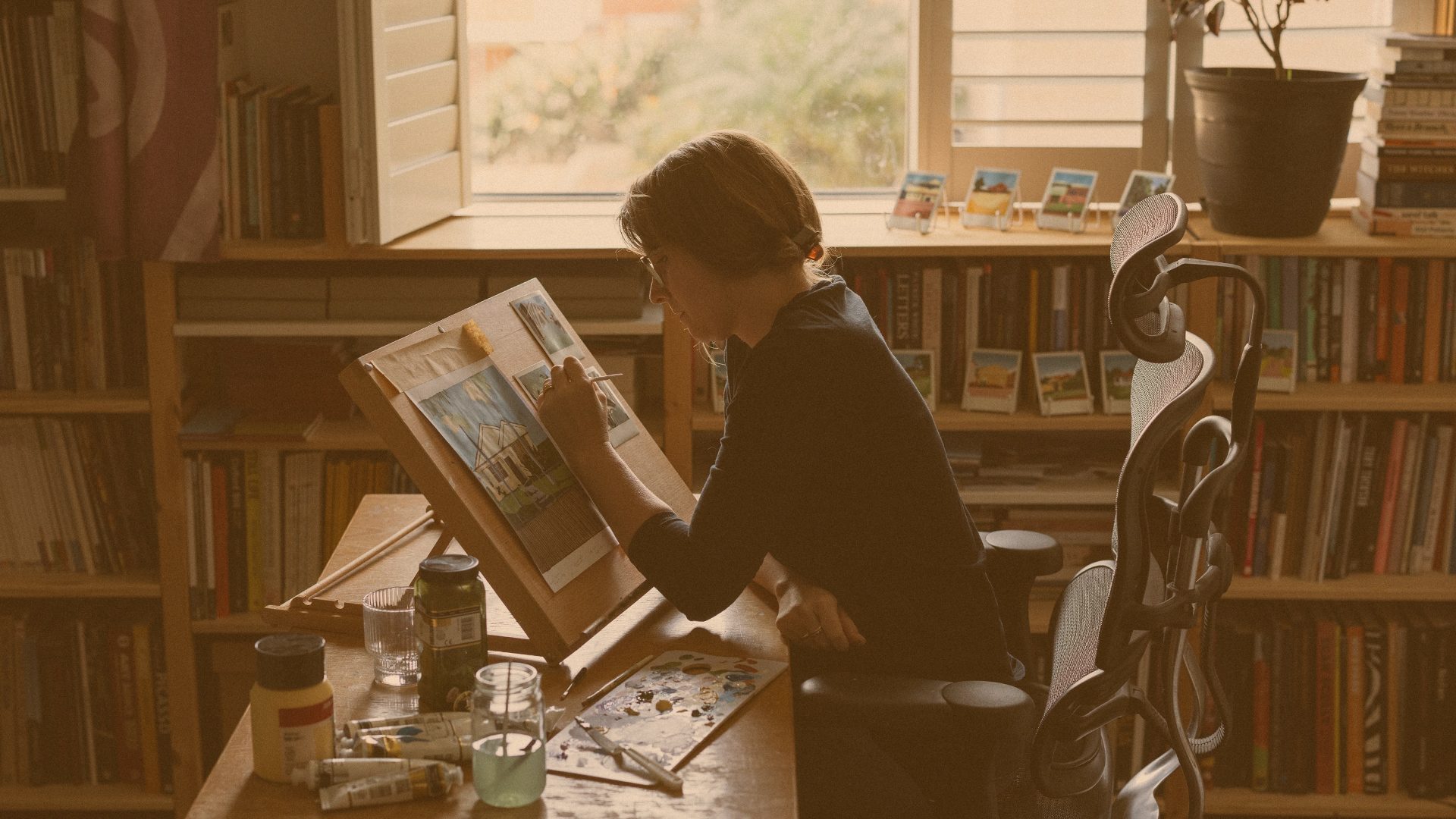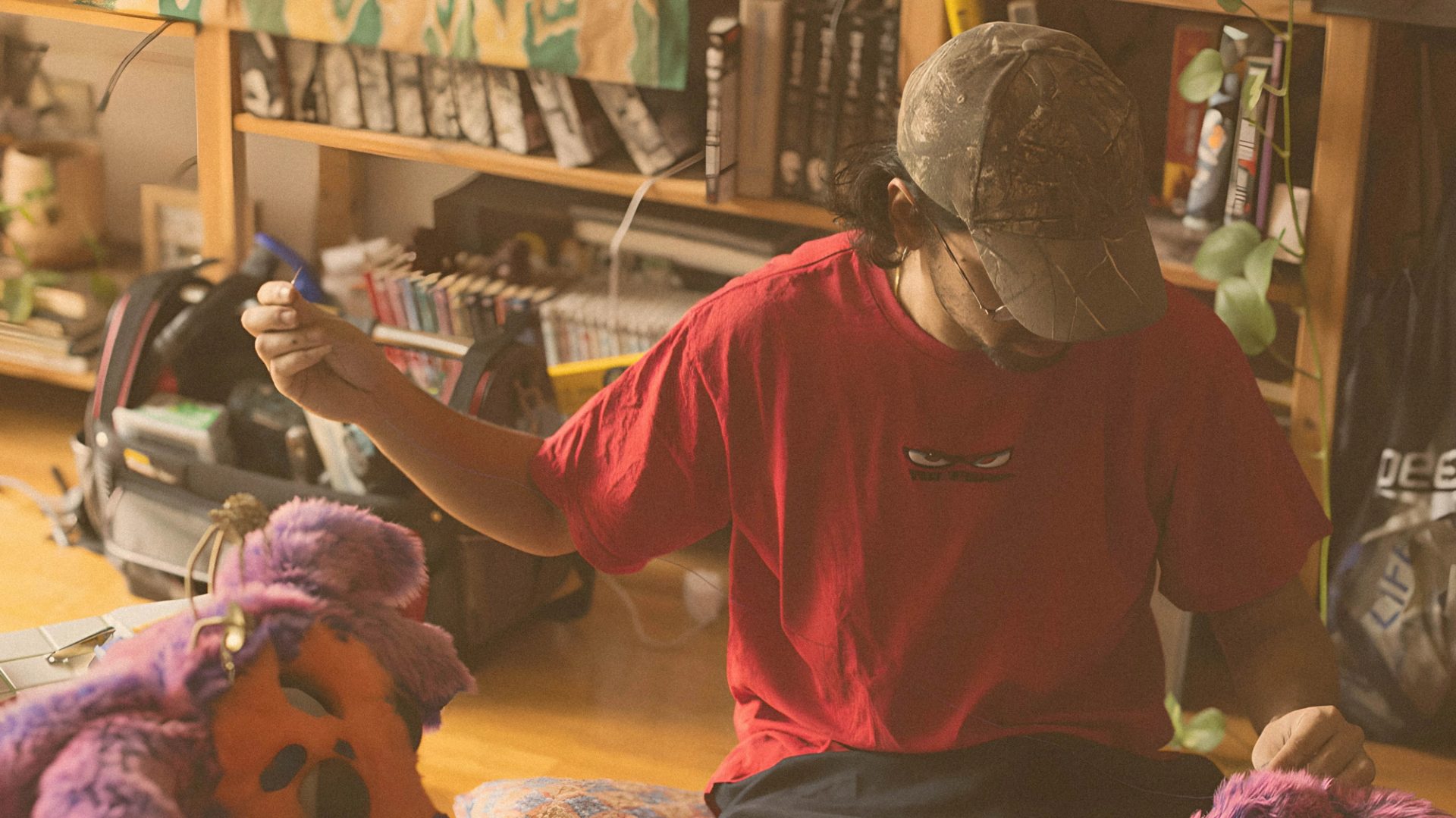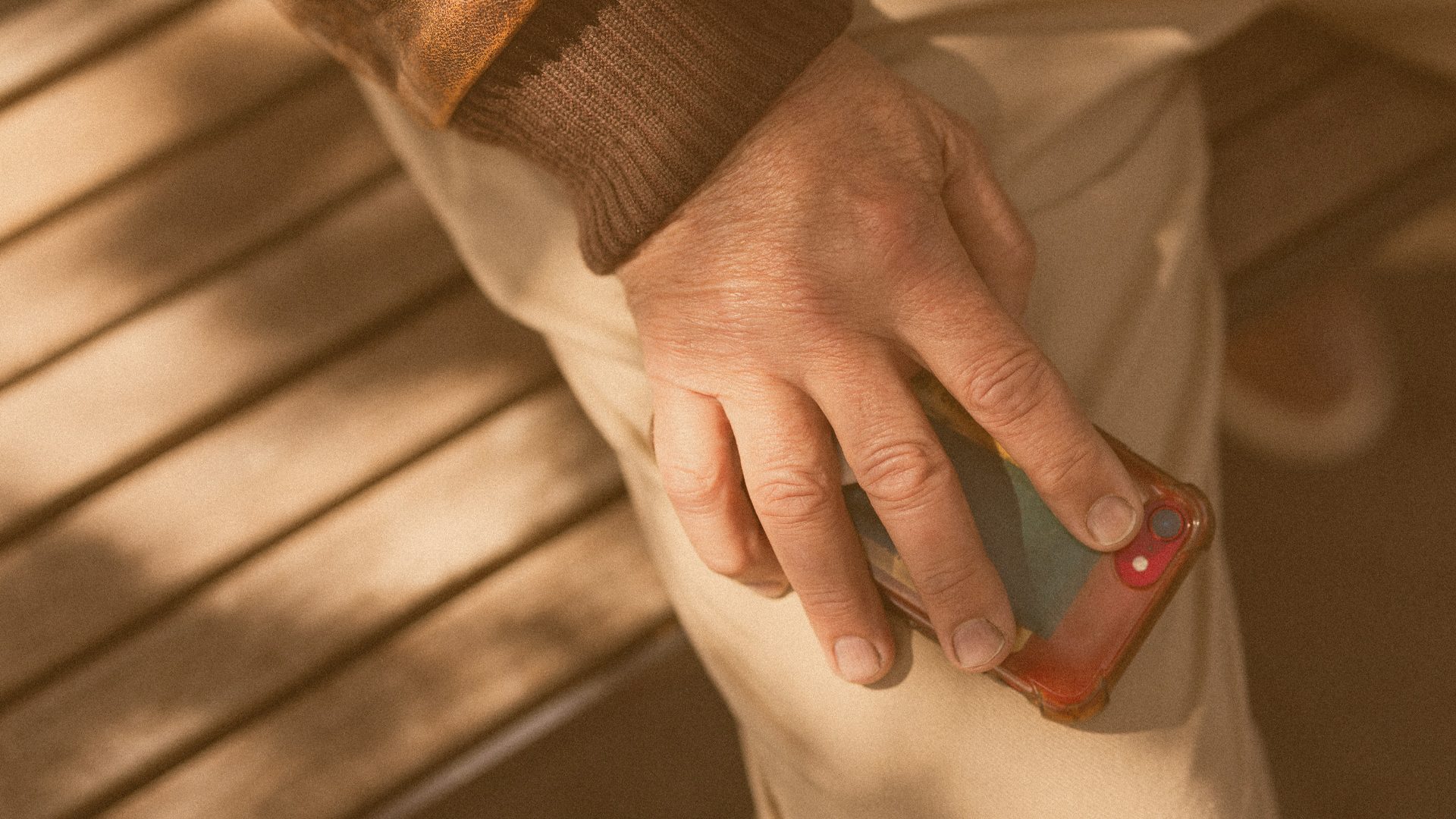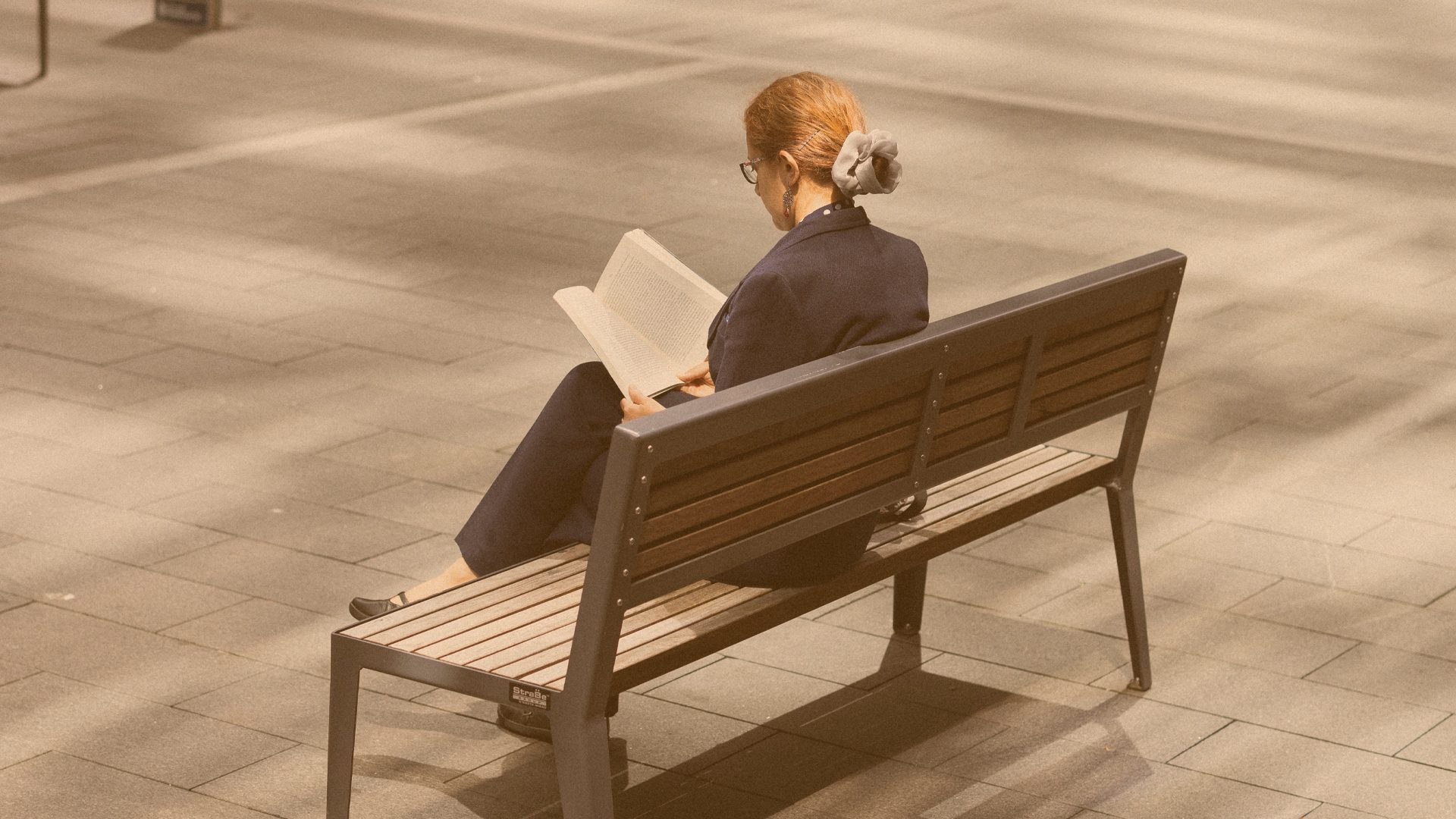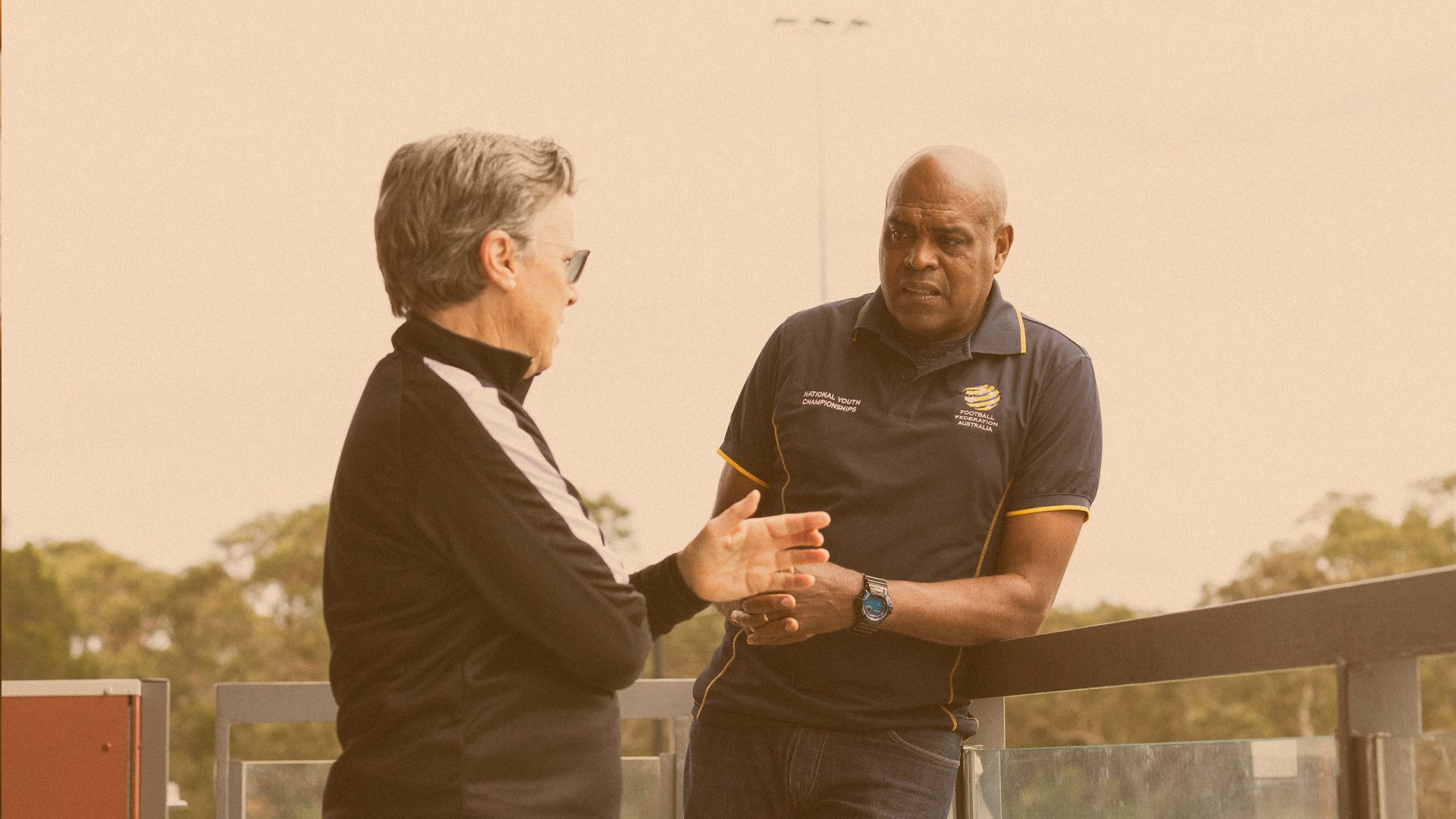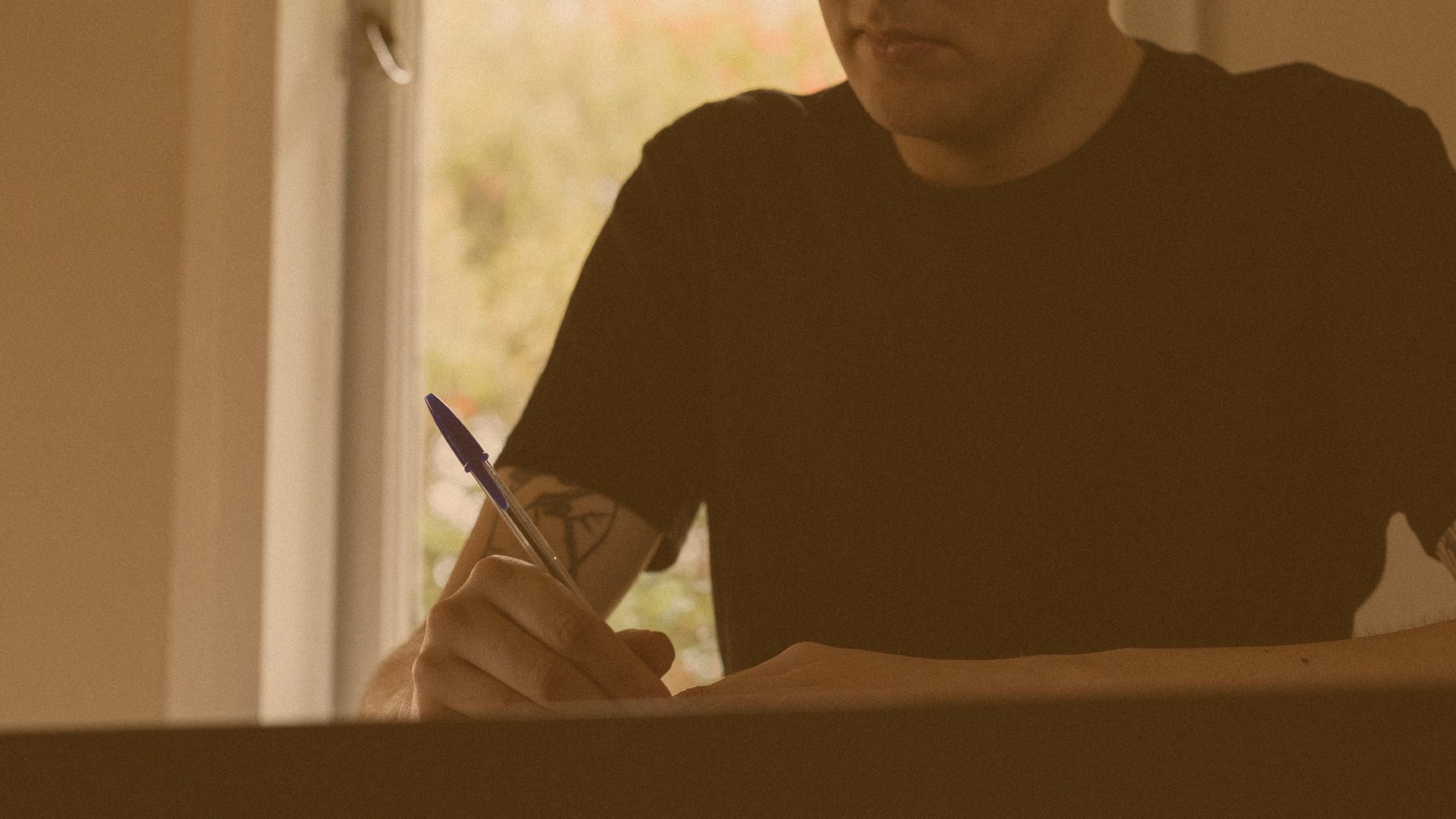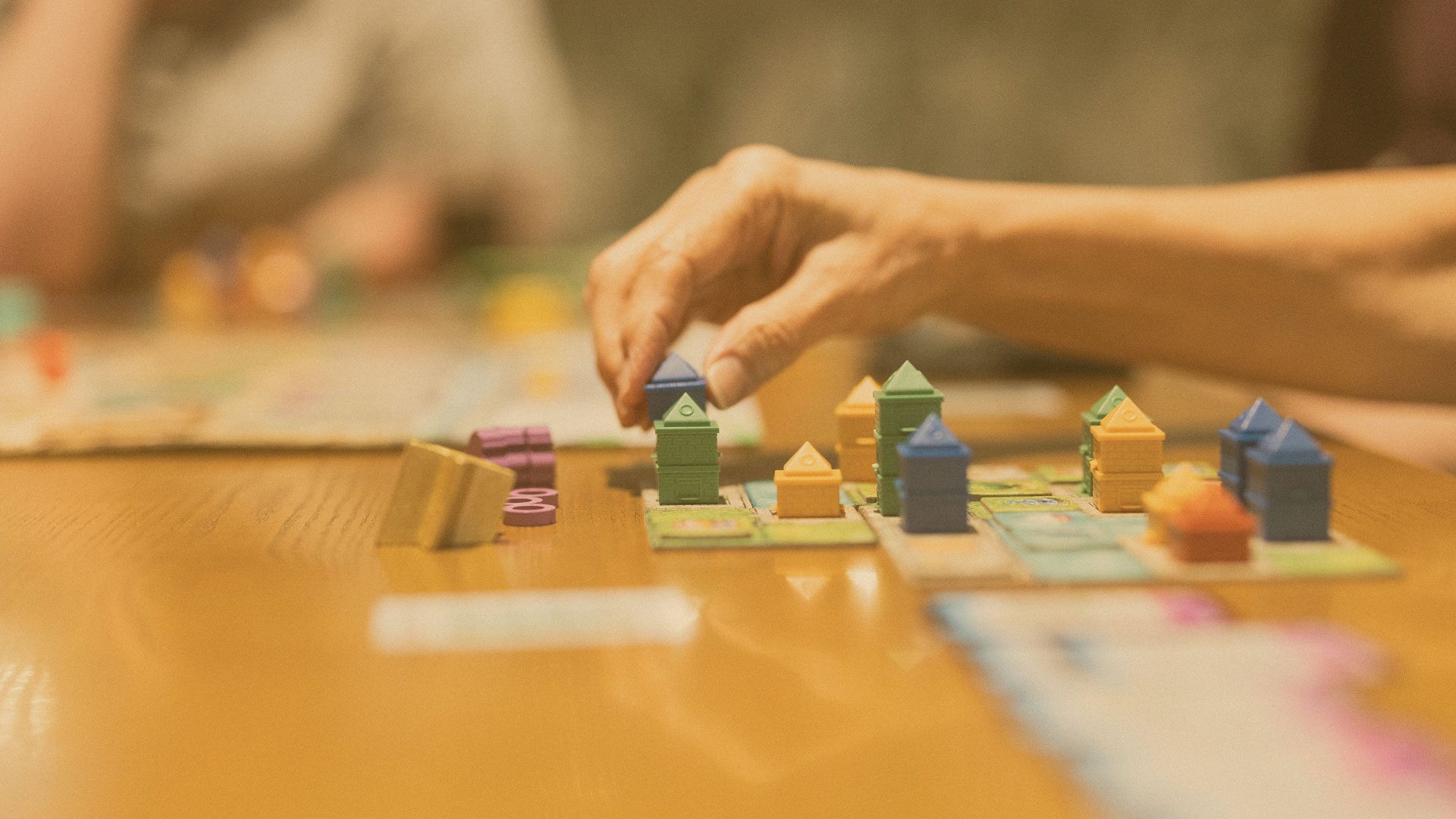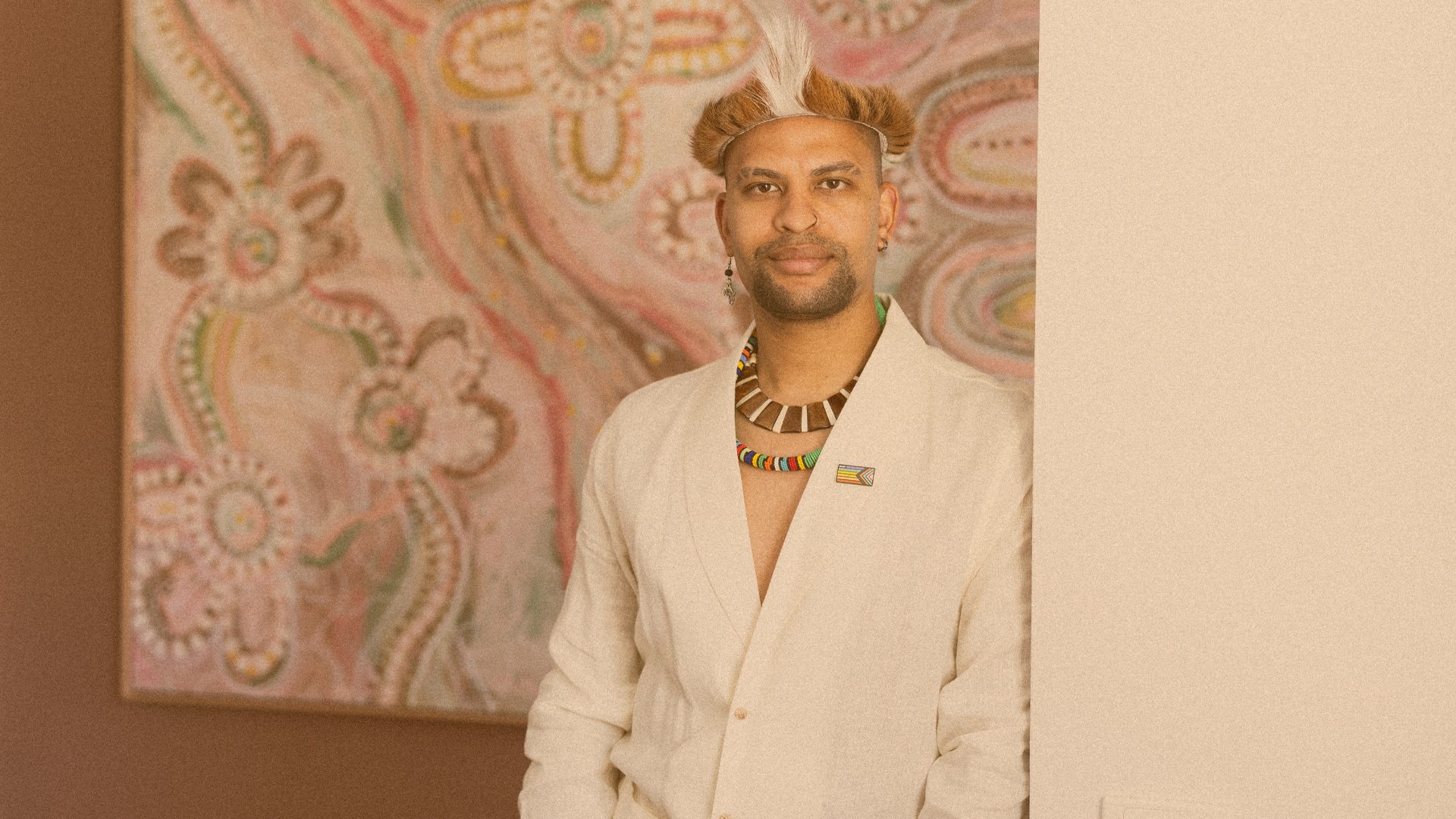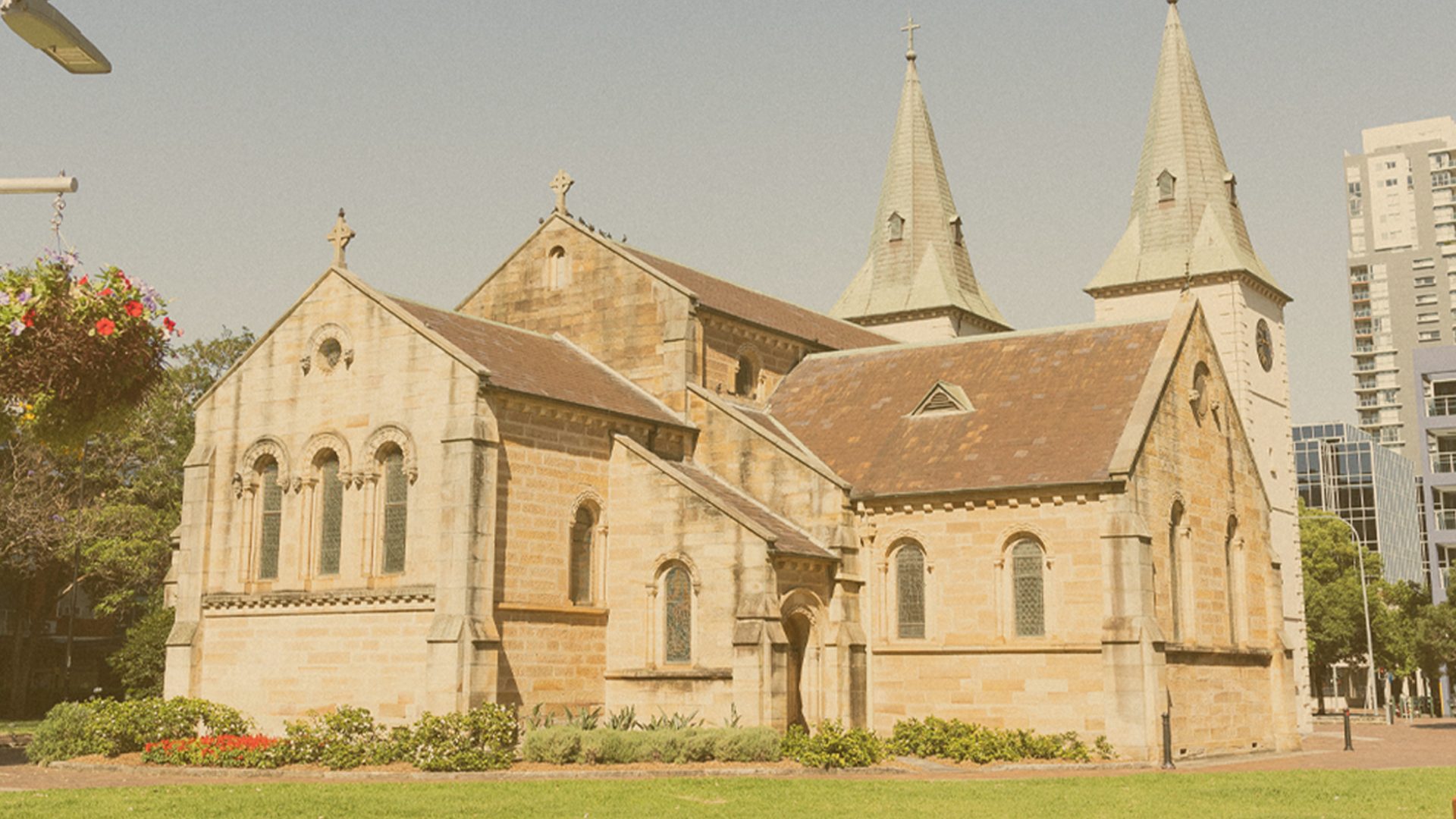Writing life

As a science teacher, writer and the inaugural Parramatta Laureate in Literature, Yumna Kasssab holds different communities in Western Sydney close to her heart.
As a child, Yumna Kassab read Choose Your Own Adventure books sitting in the library at Parramatta High School, eagerly following different pathways to raucous conclusions. She can’t tell me the exact volume of these books she read ‒ ‘it’s embarrassing’ ‒ but she does remember the feeling they invoked. In high school, she became a stand-in ‘book dealer’— lending out her own books to her friends.
‘Stories that had a magical sort of element are the ones that probably meant the most to me growing up and still do now,’ she tells me. We’re chatting on the phone, two months after we first met via Zoom, and her voice carries the same wry warmth. The sound of a train conductor looms in the background and I smile when she mentions how ‘boring’ middle class realist fiction is. She’s drawn to another type of stories, ones with alternate endings, mythical elements and different viewpoints.
‘They are a lot more fun compared to people writing about their marriages and their divorces. That kind of thing really does not interest me at all as a writer.’
Yumna’s own writing mirrors playful, non-linear storytelling. The author of The House of Youssef (Giramondo, 2019), Australiana (Ultimo Press, 2022), The Lovers (Ultimo Press, 2023), and Politica (Ultimo Press, 2024) is unparalleled among contemporary Australian authors when it comes to inventiveness; the kind of writer whose fragmented ‘constellation novels’ are centred not on a single narrative, but the story of a community.
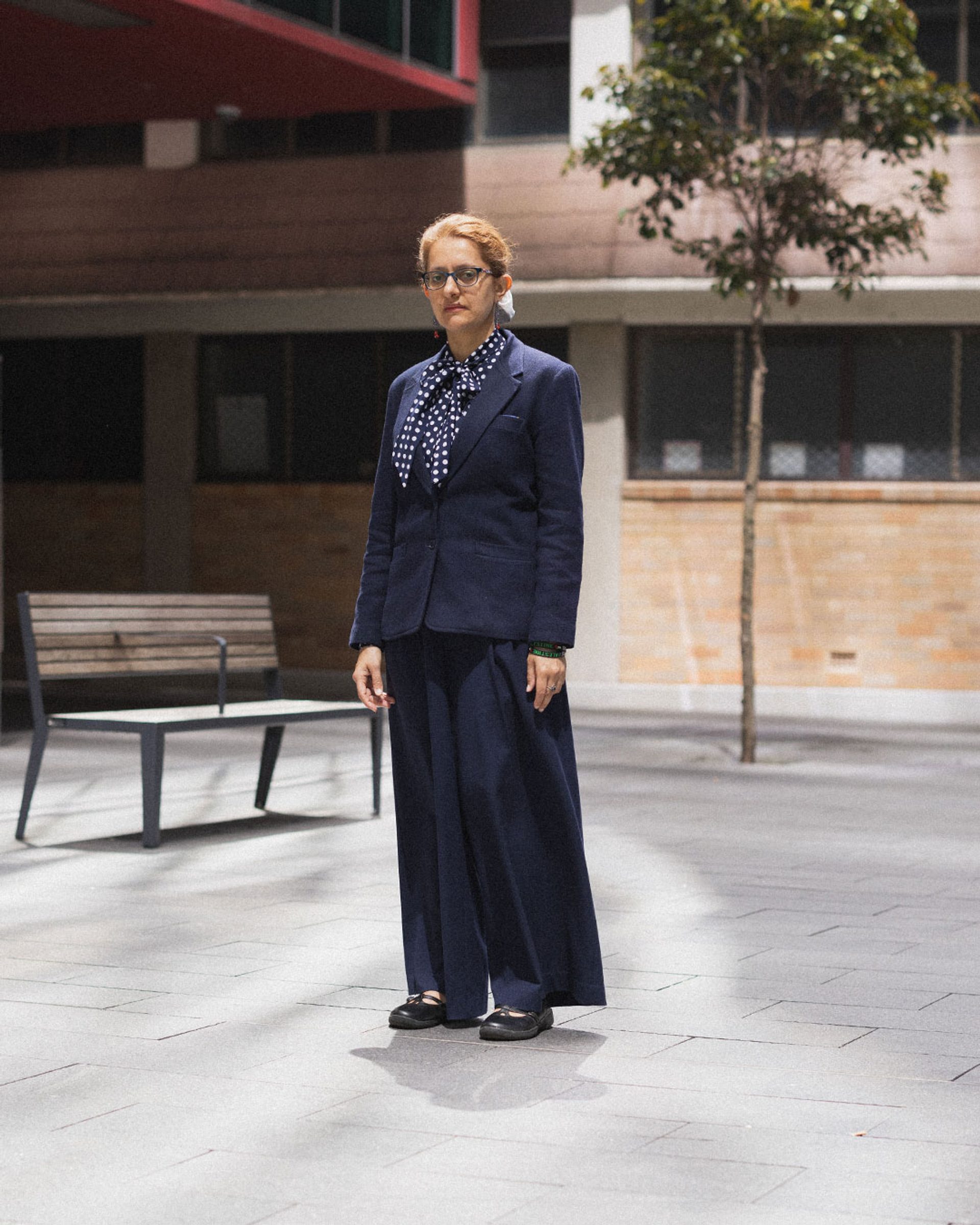
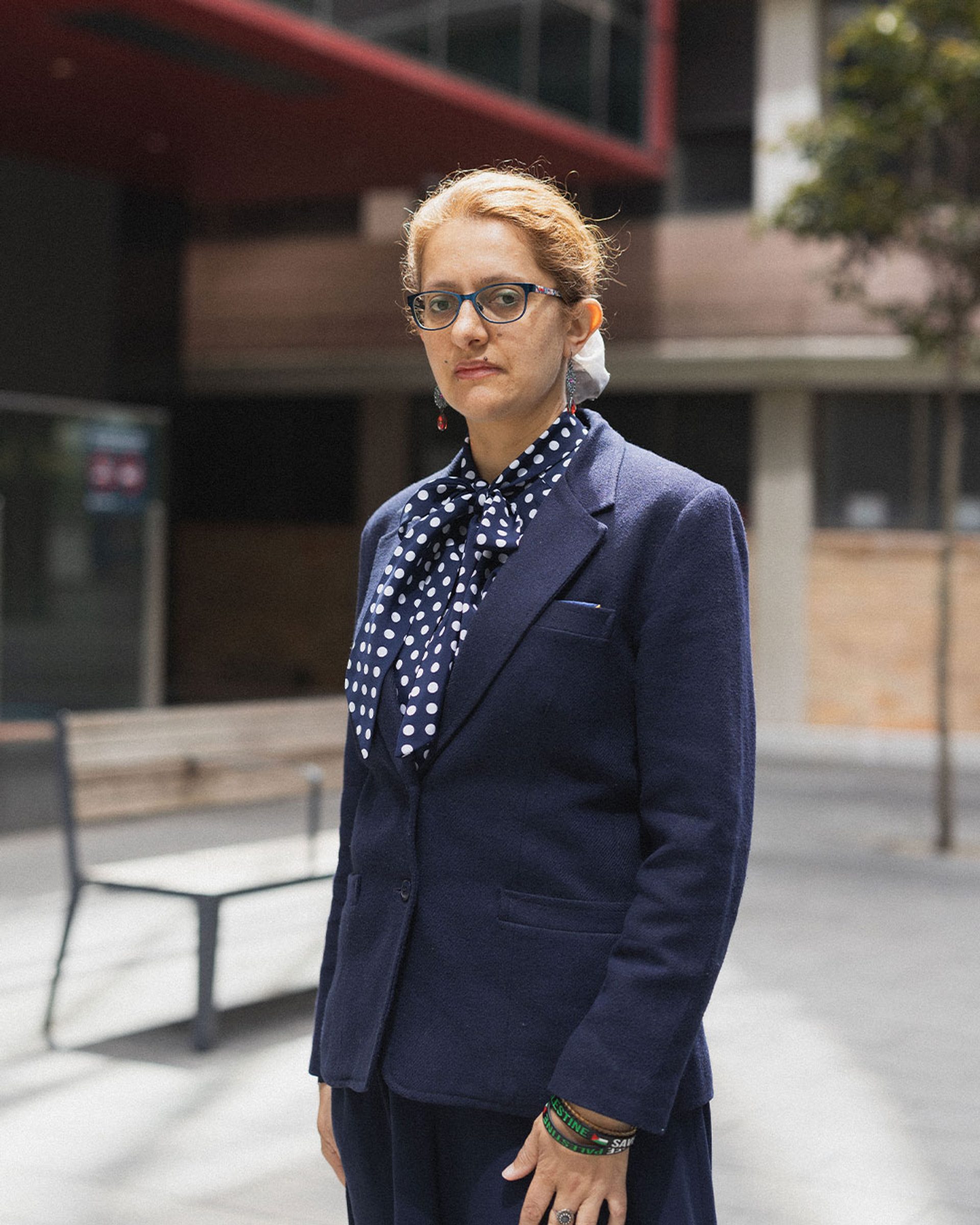
I suppose what I'm usually writing is the story of a community. There are many viewpoints. Maybe it does arrive somewhere, but maybe it doesn't.
